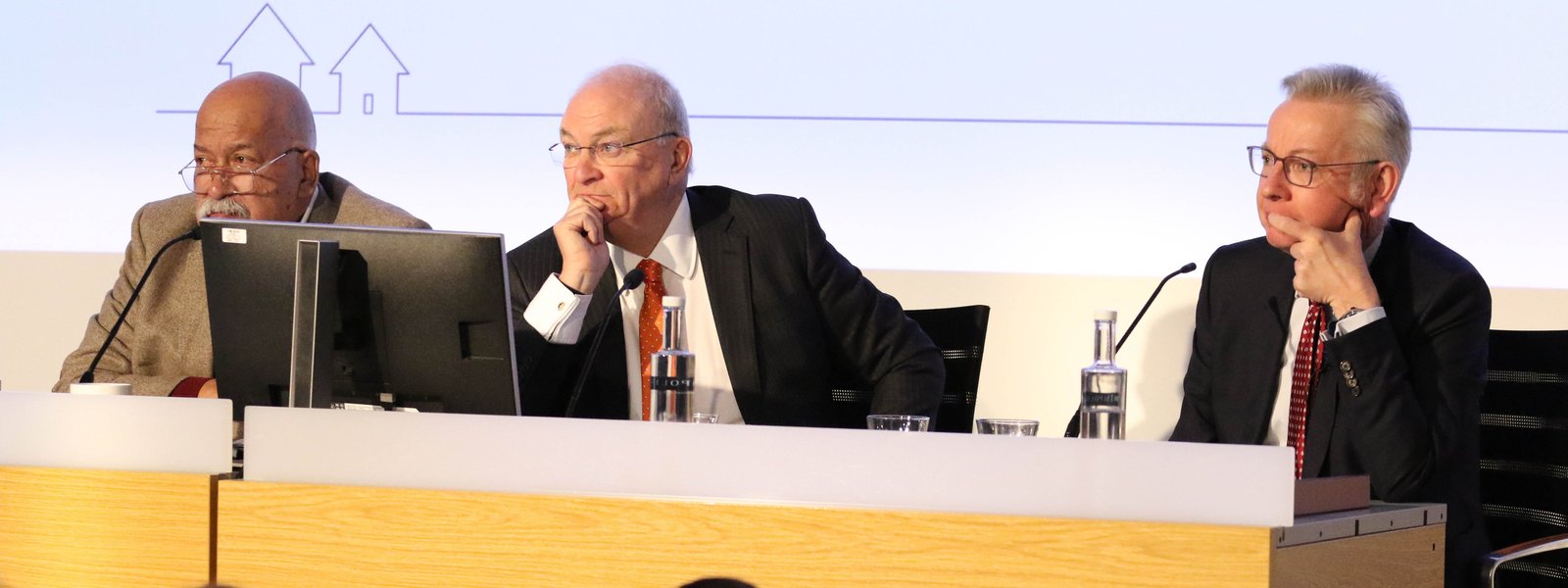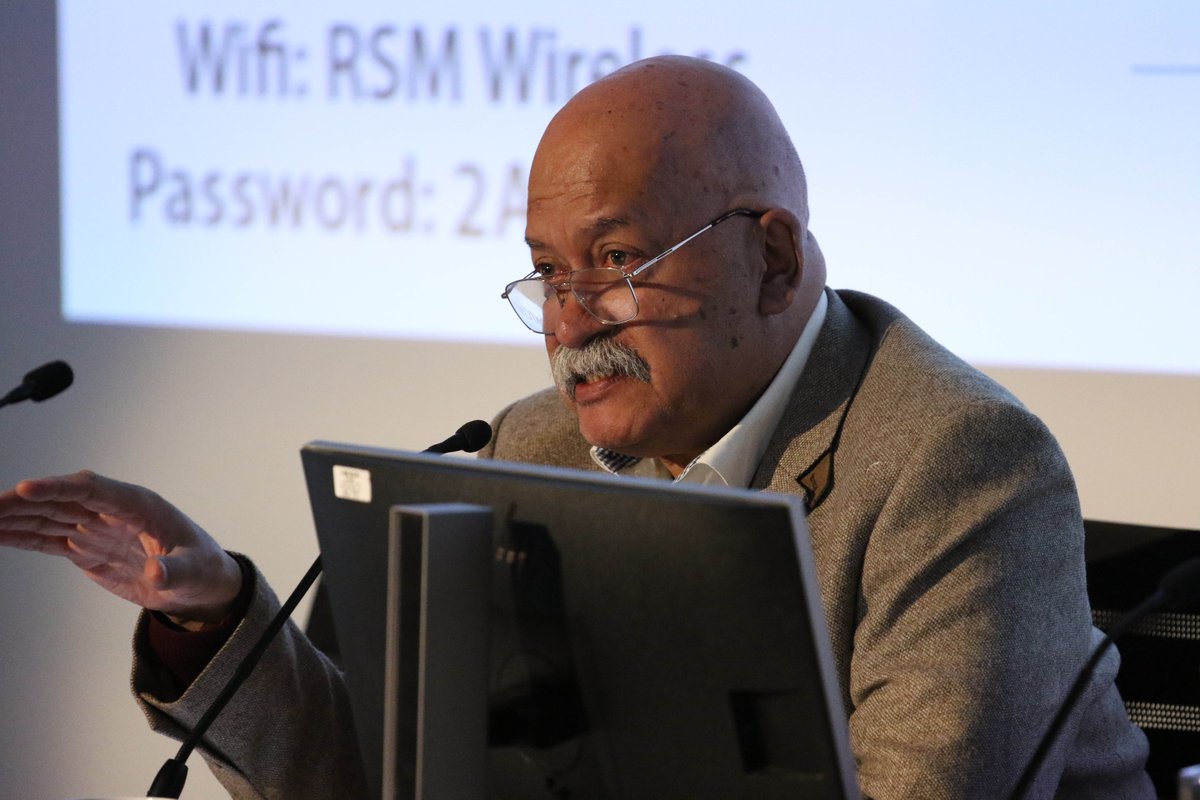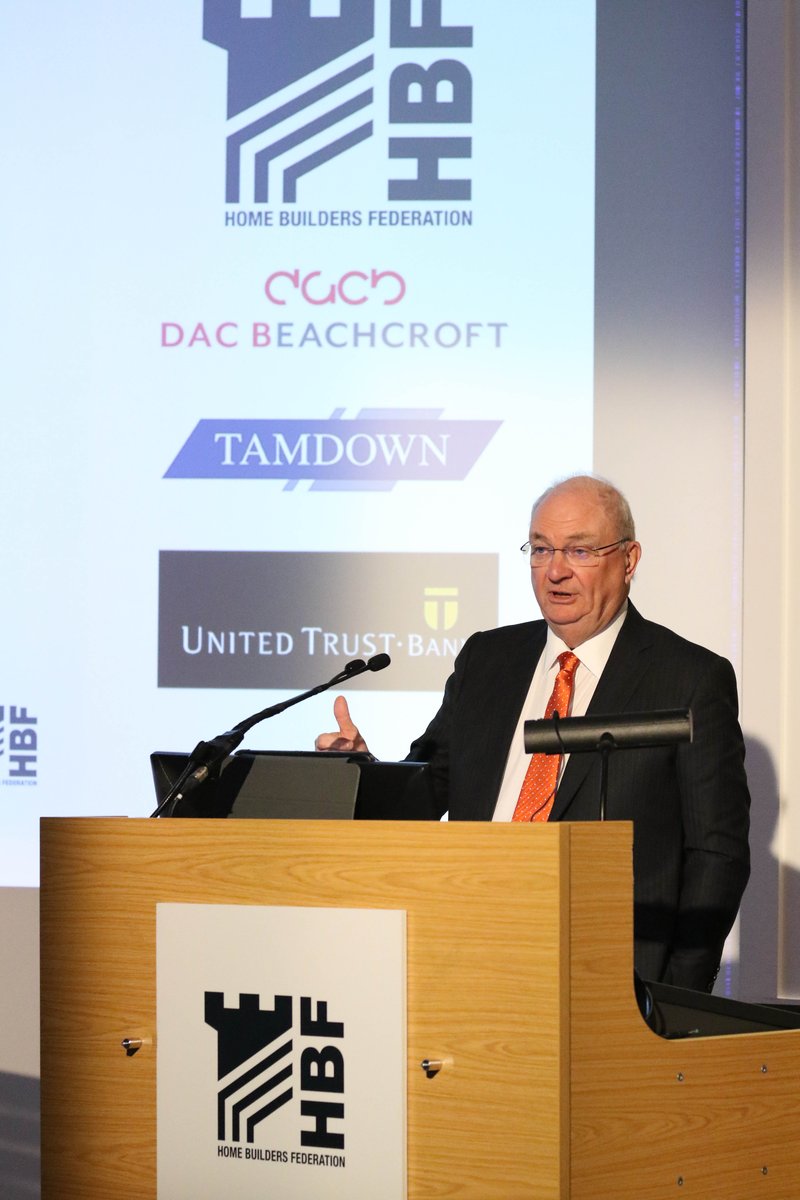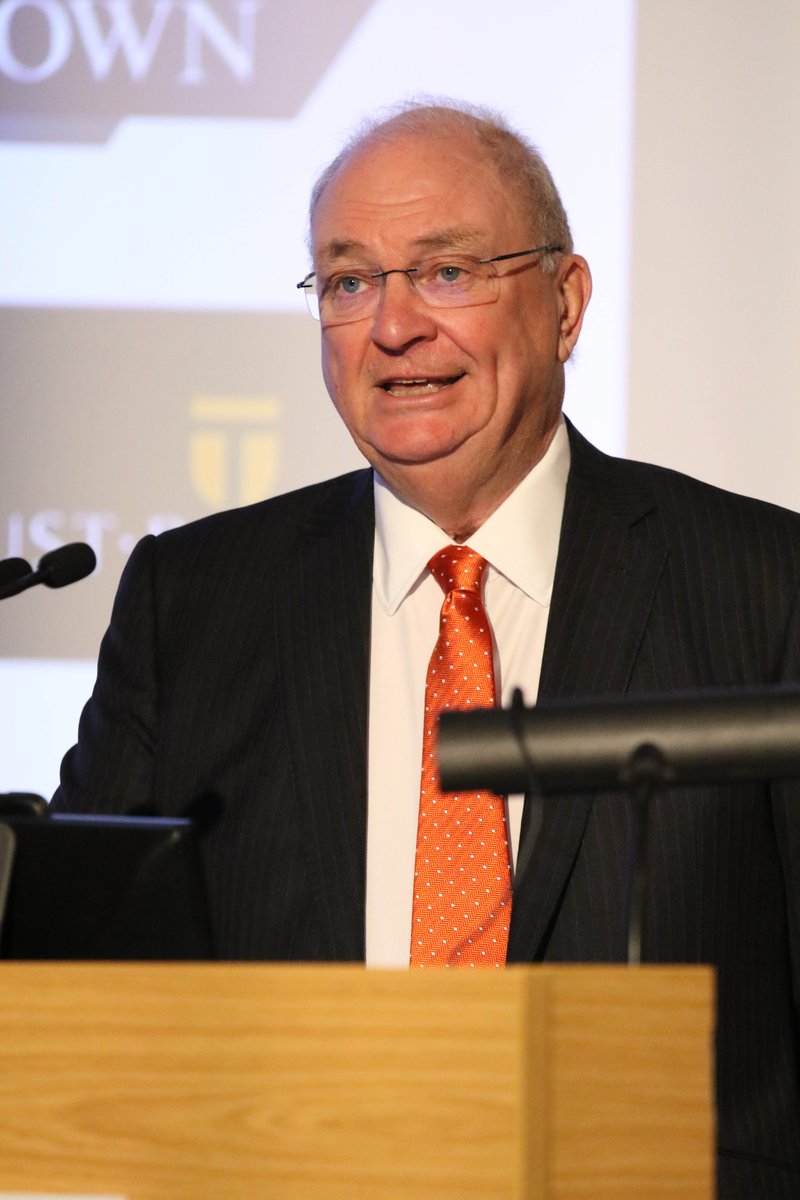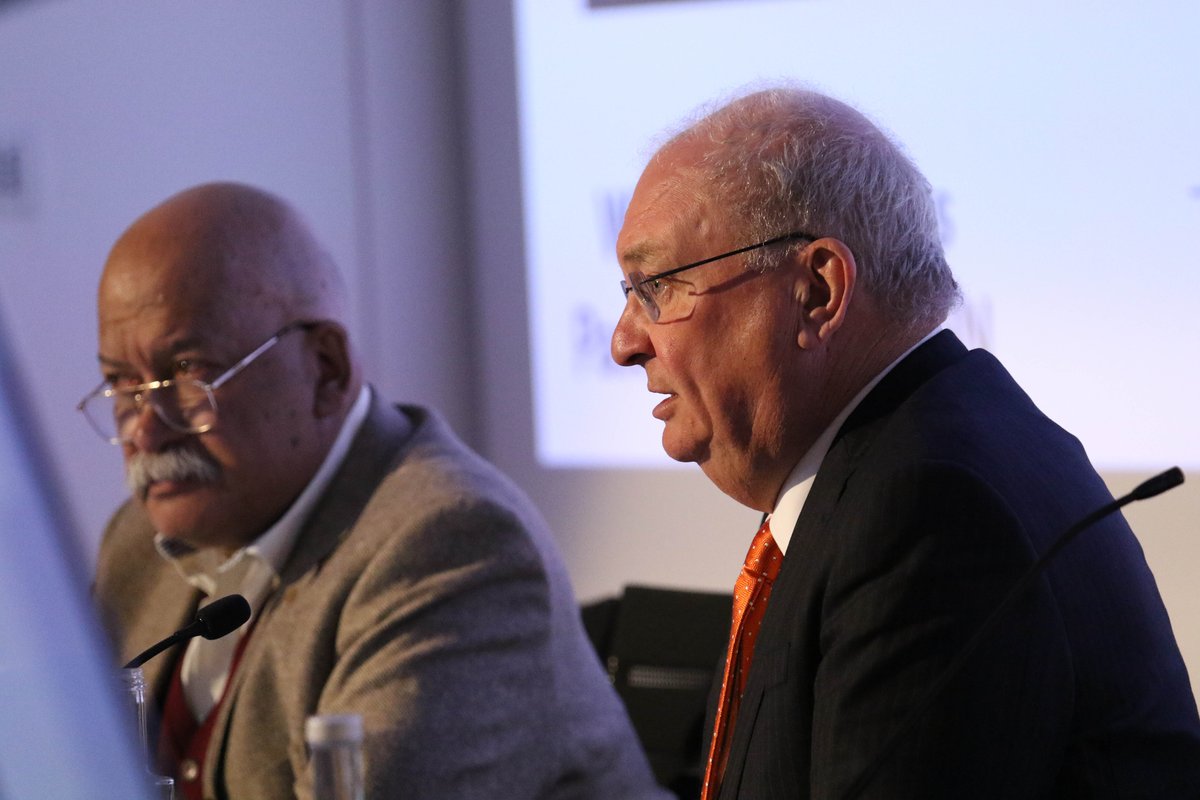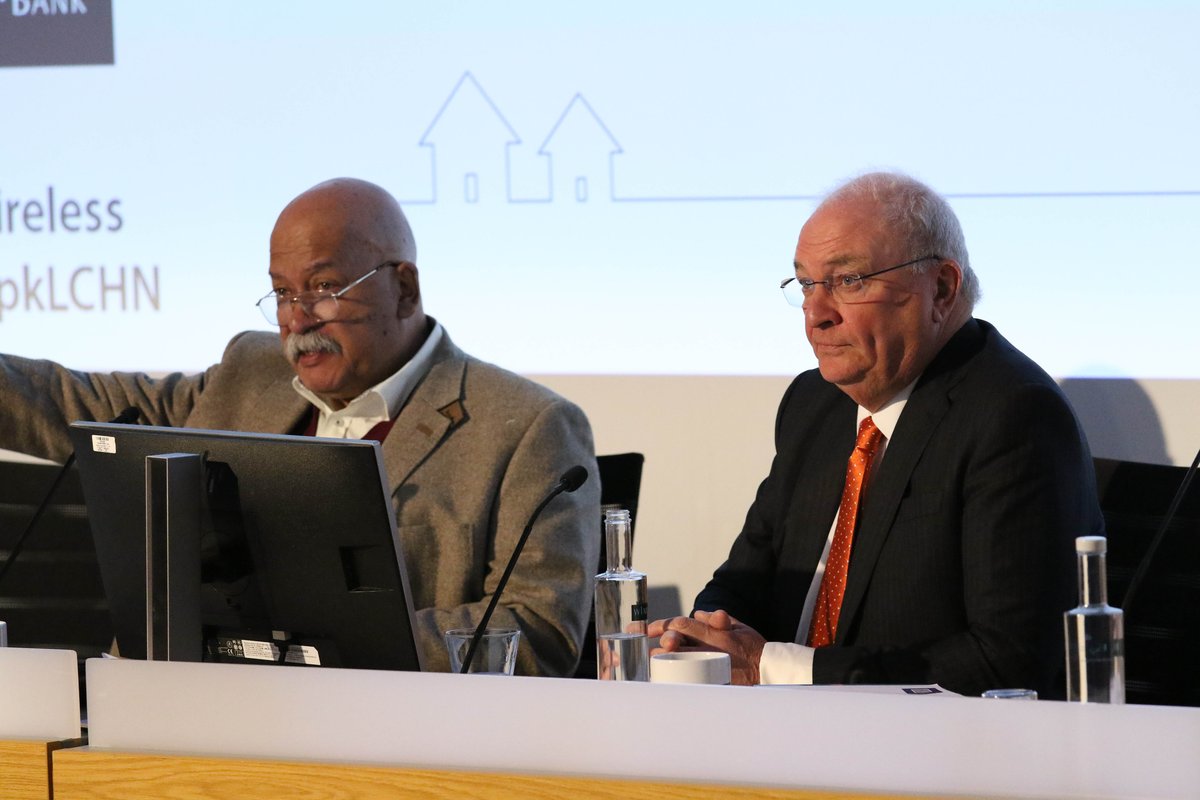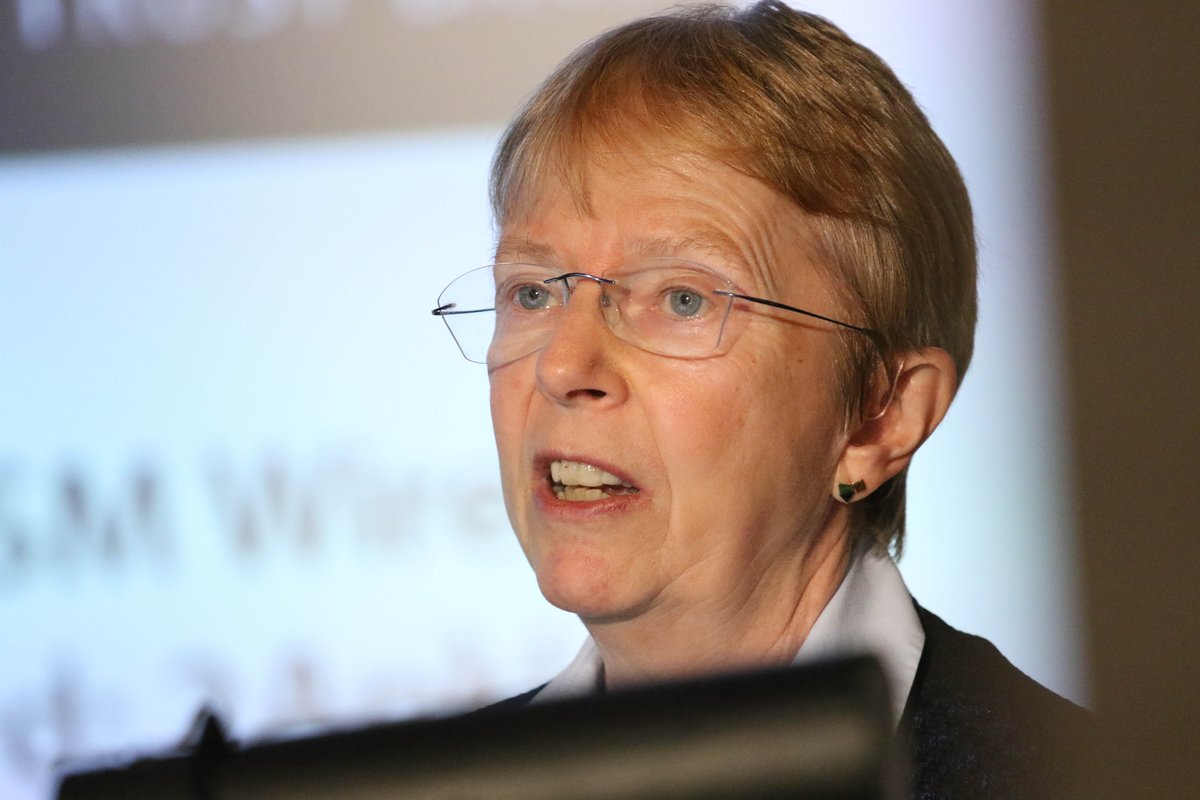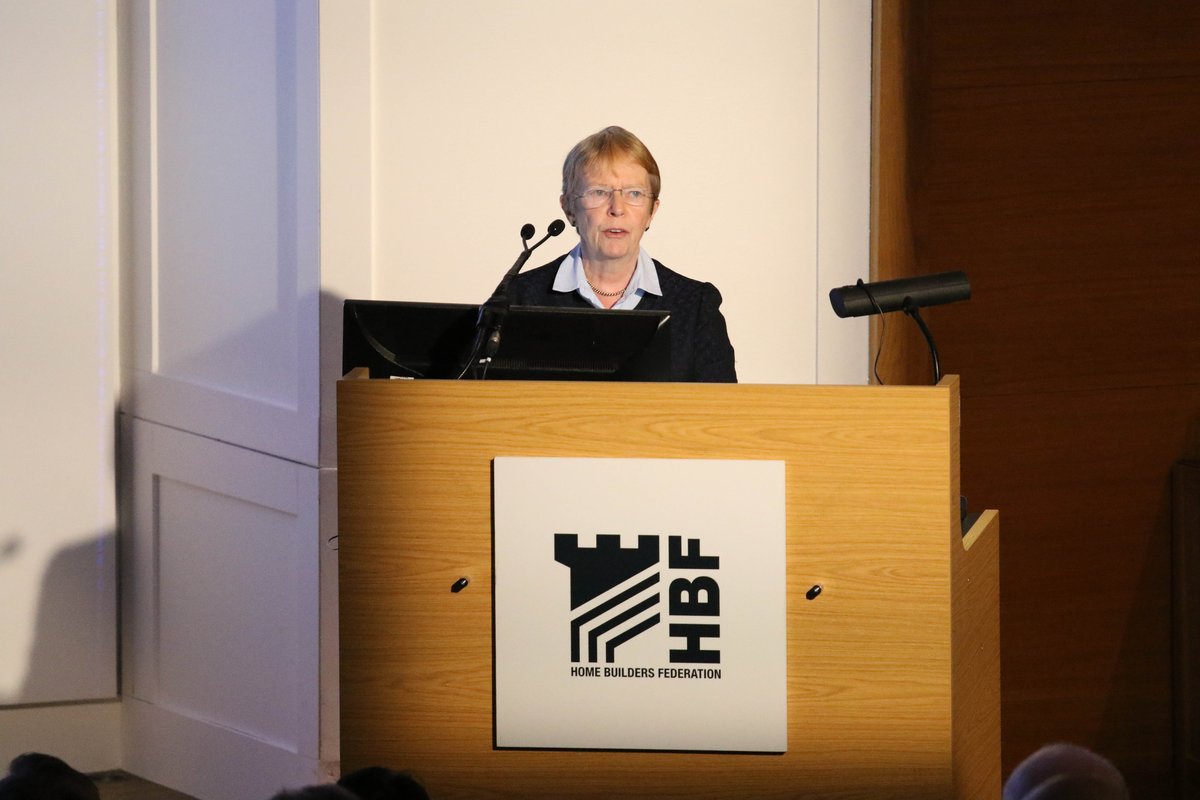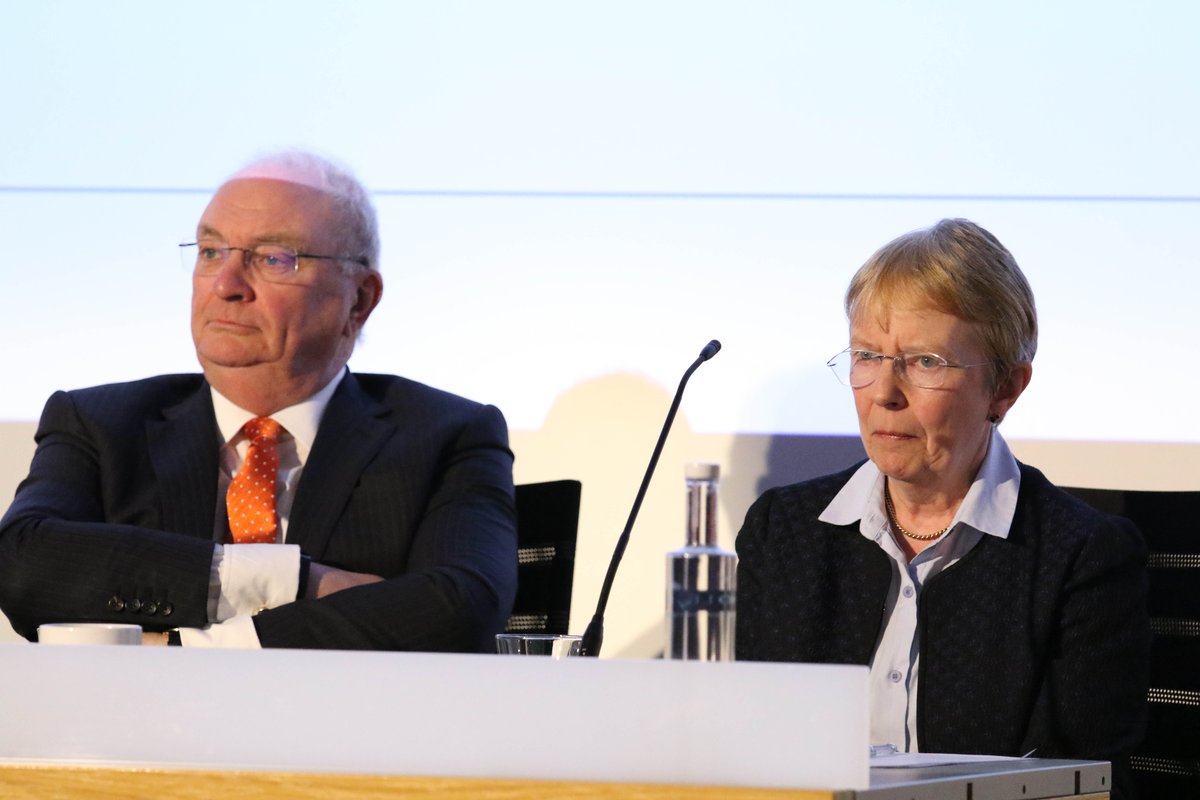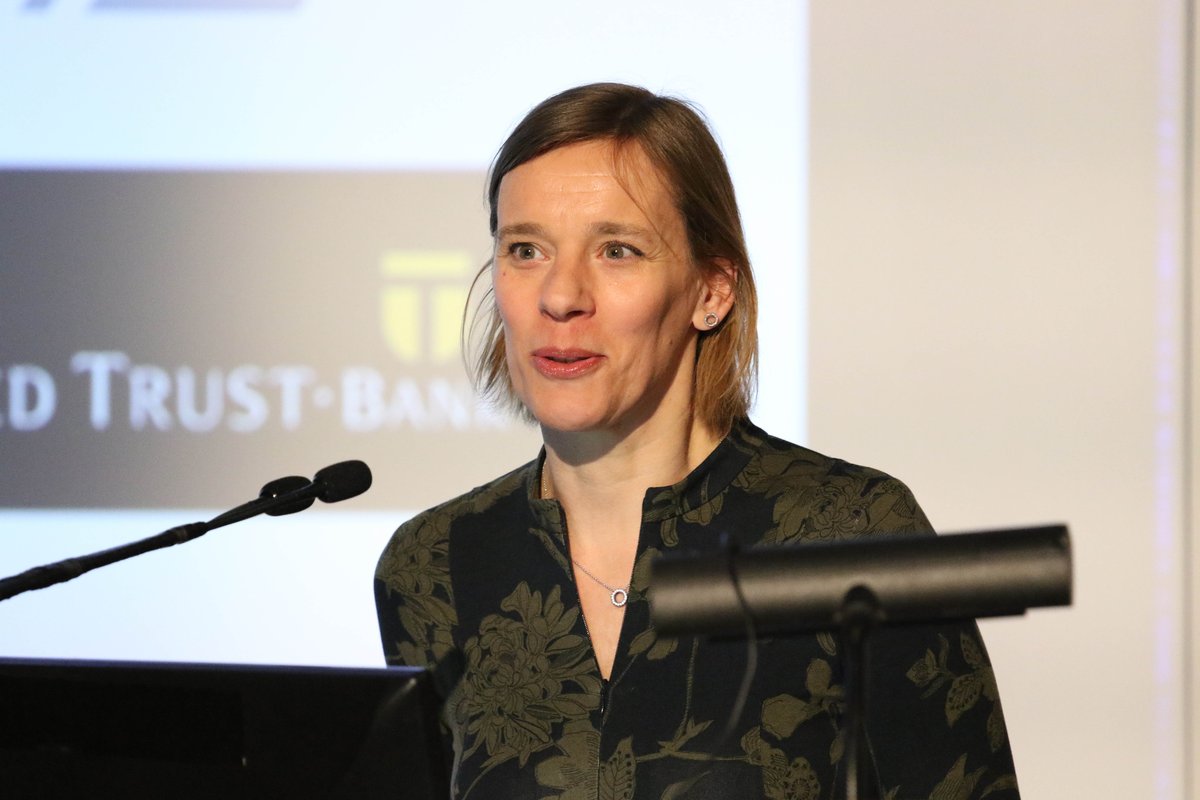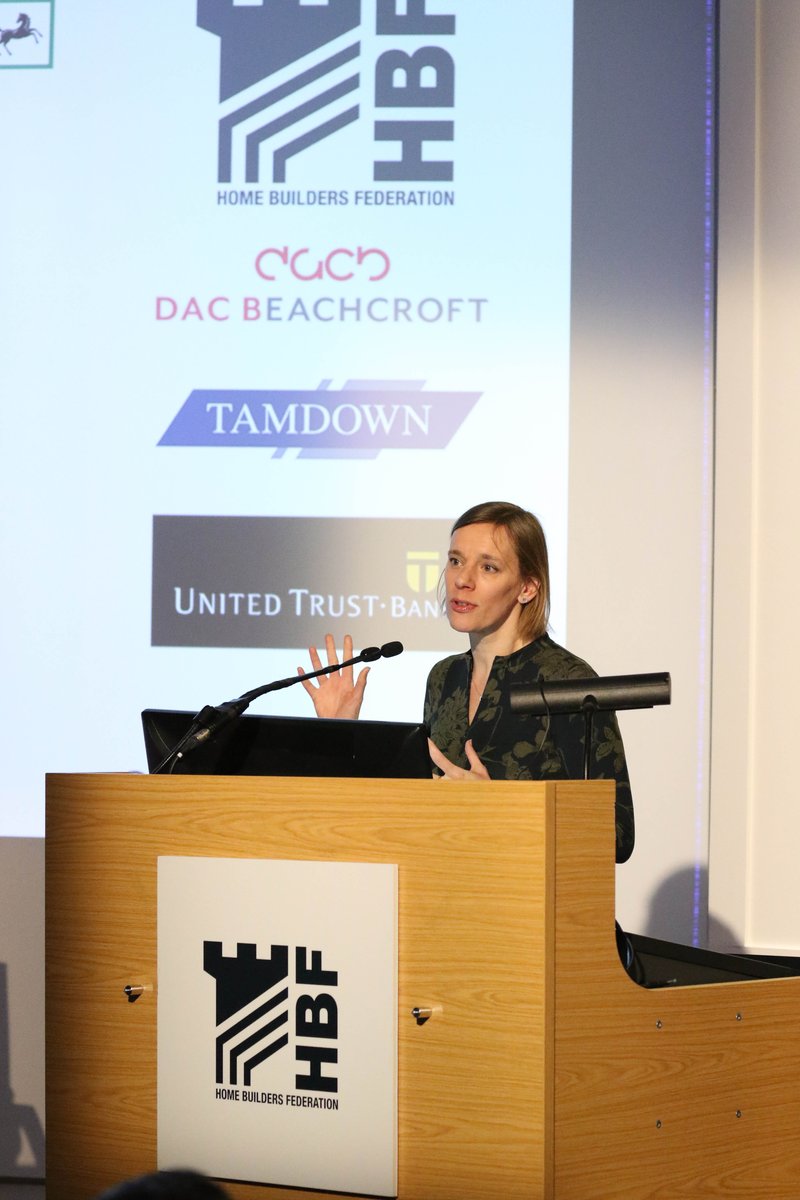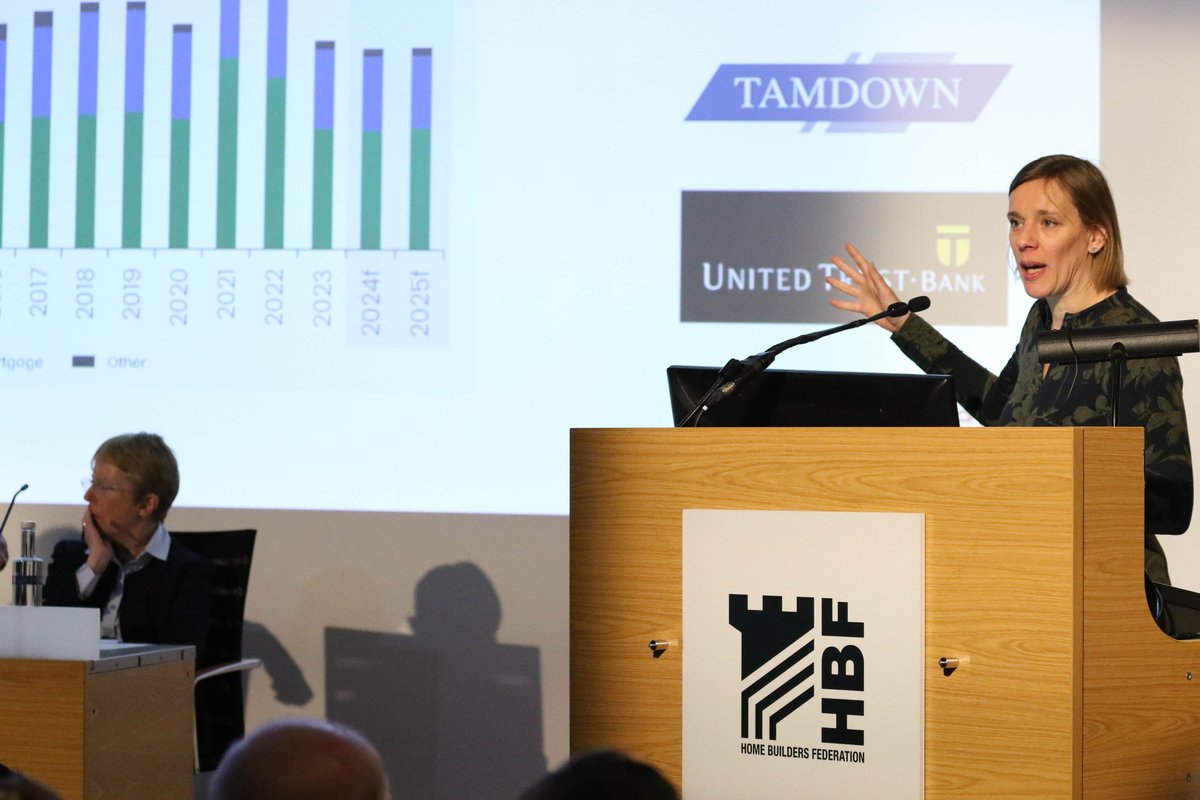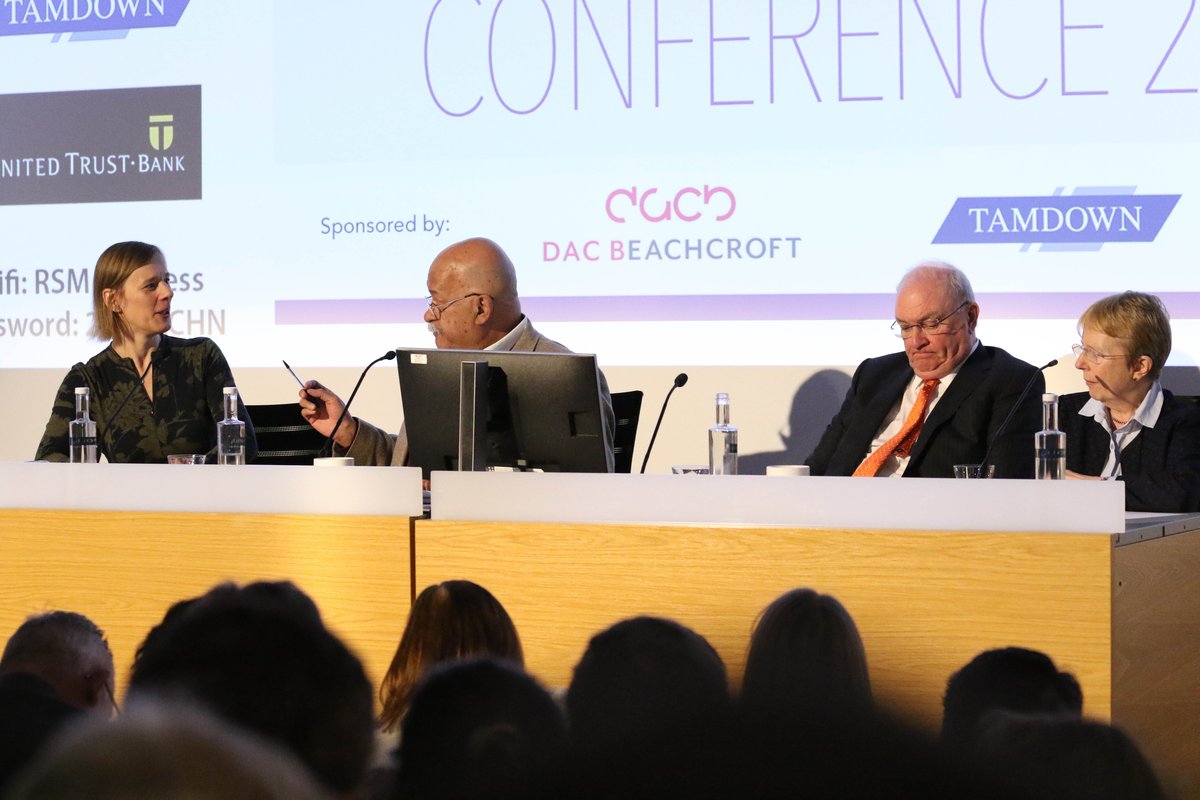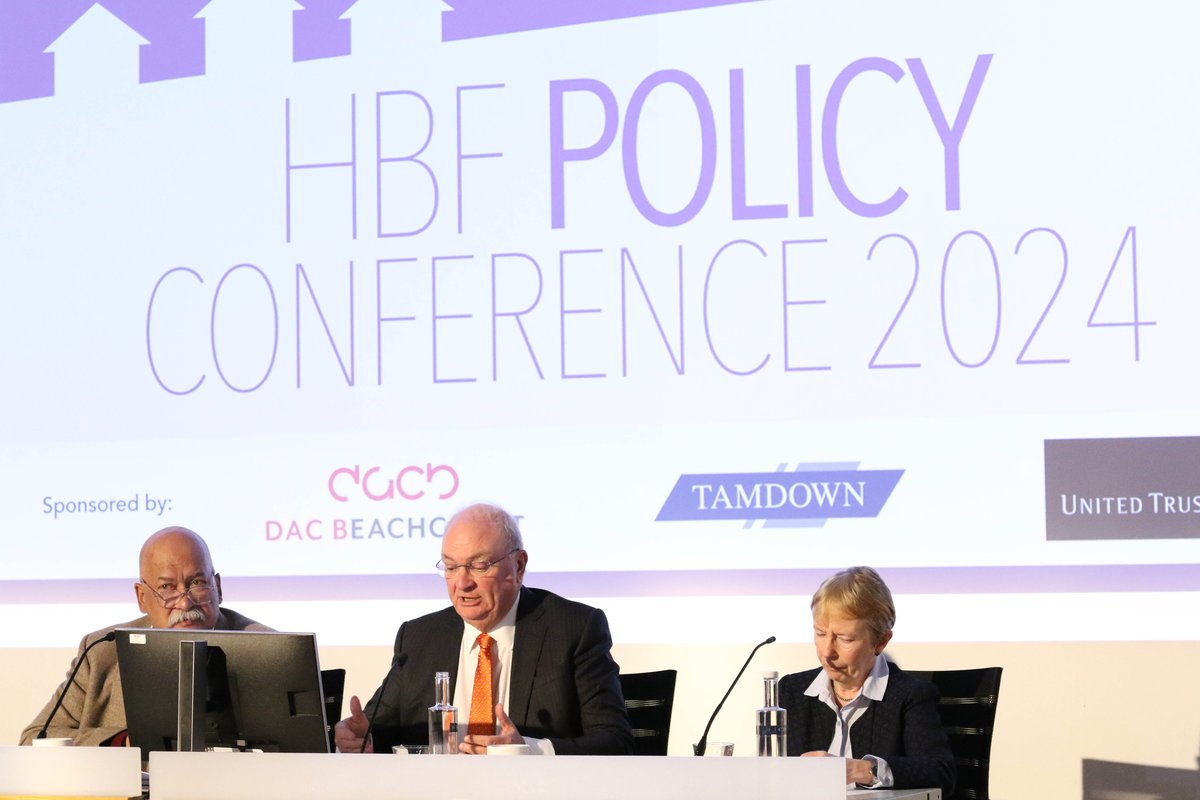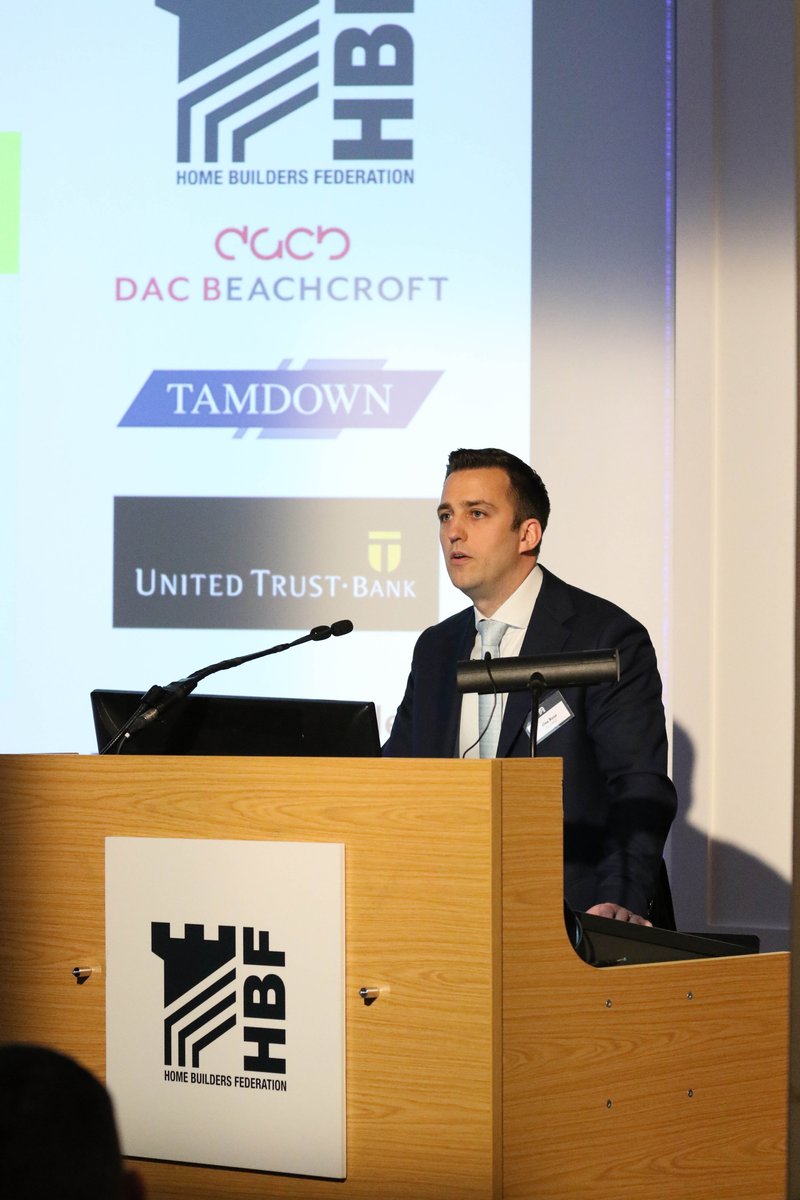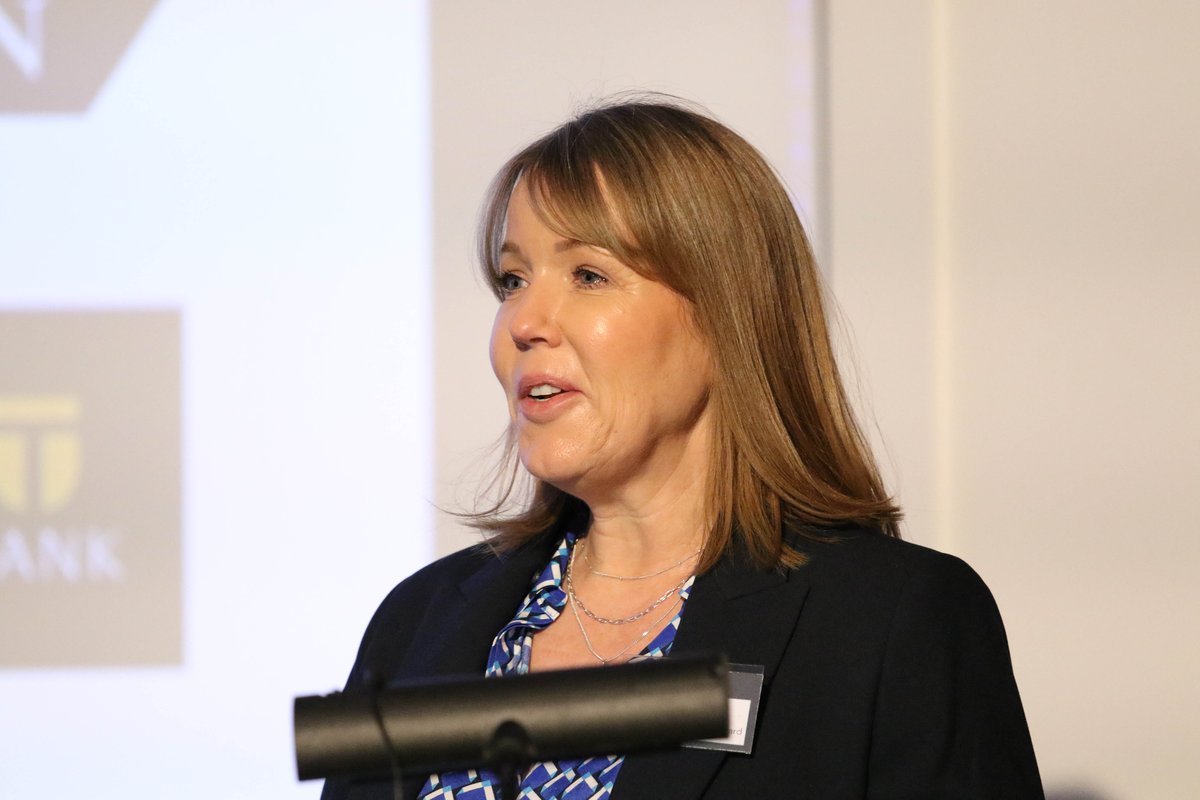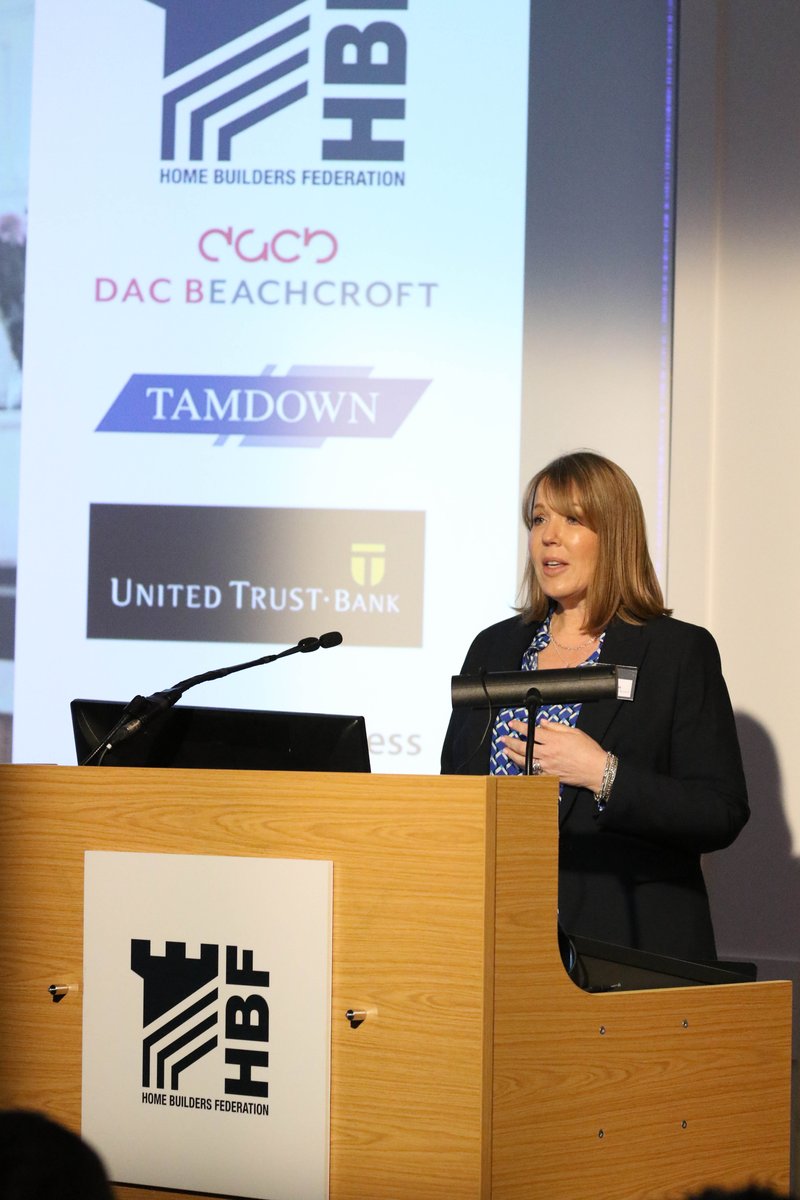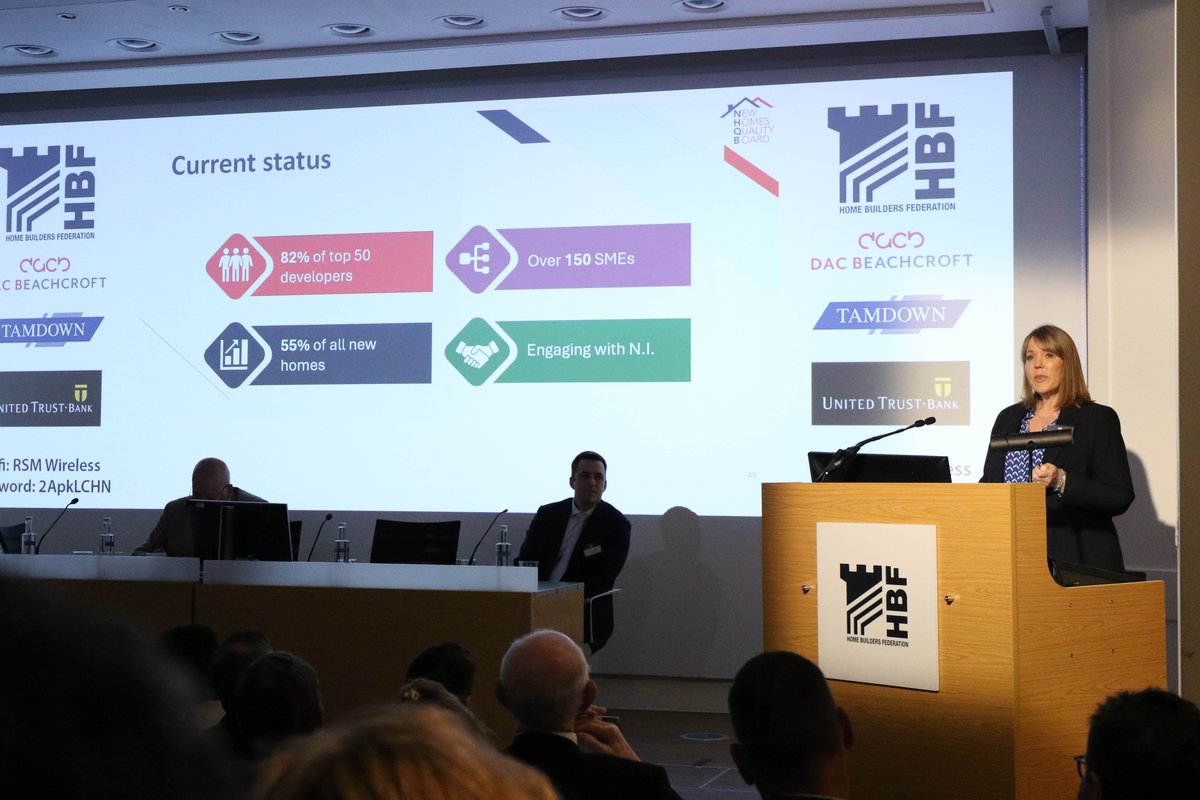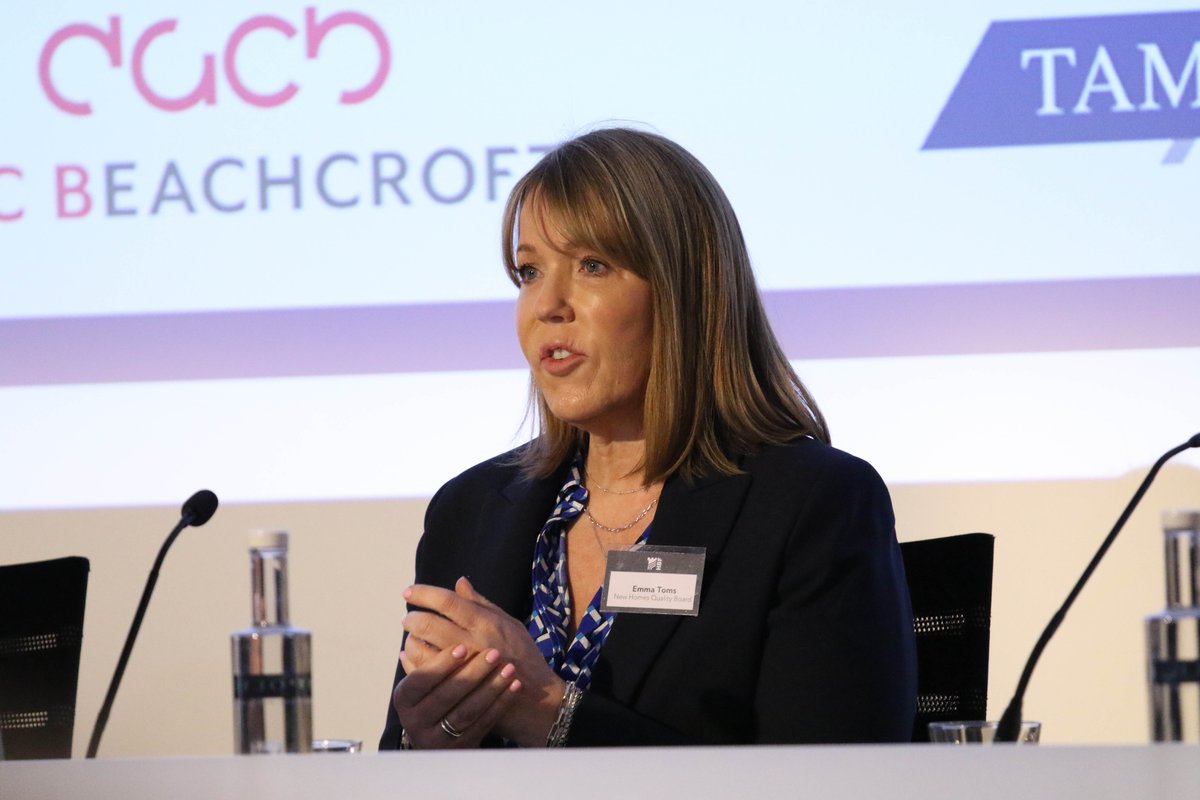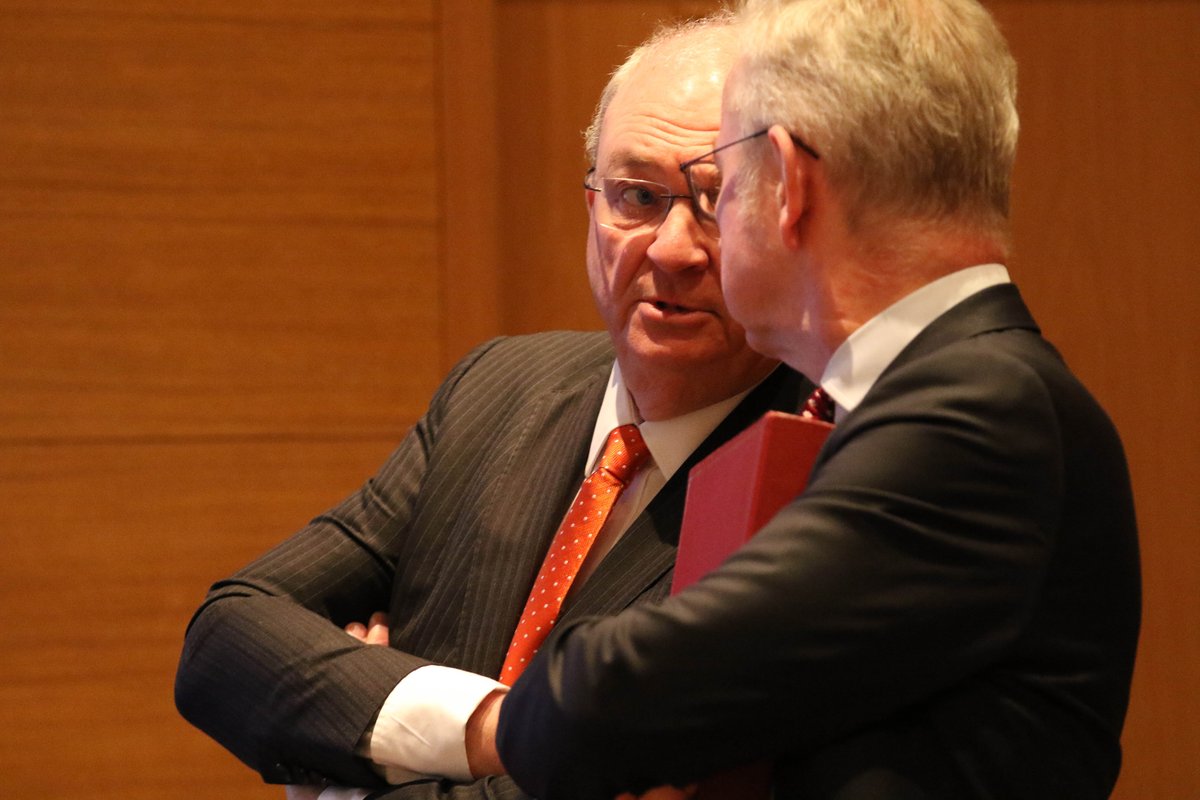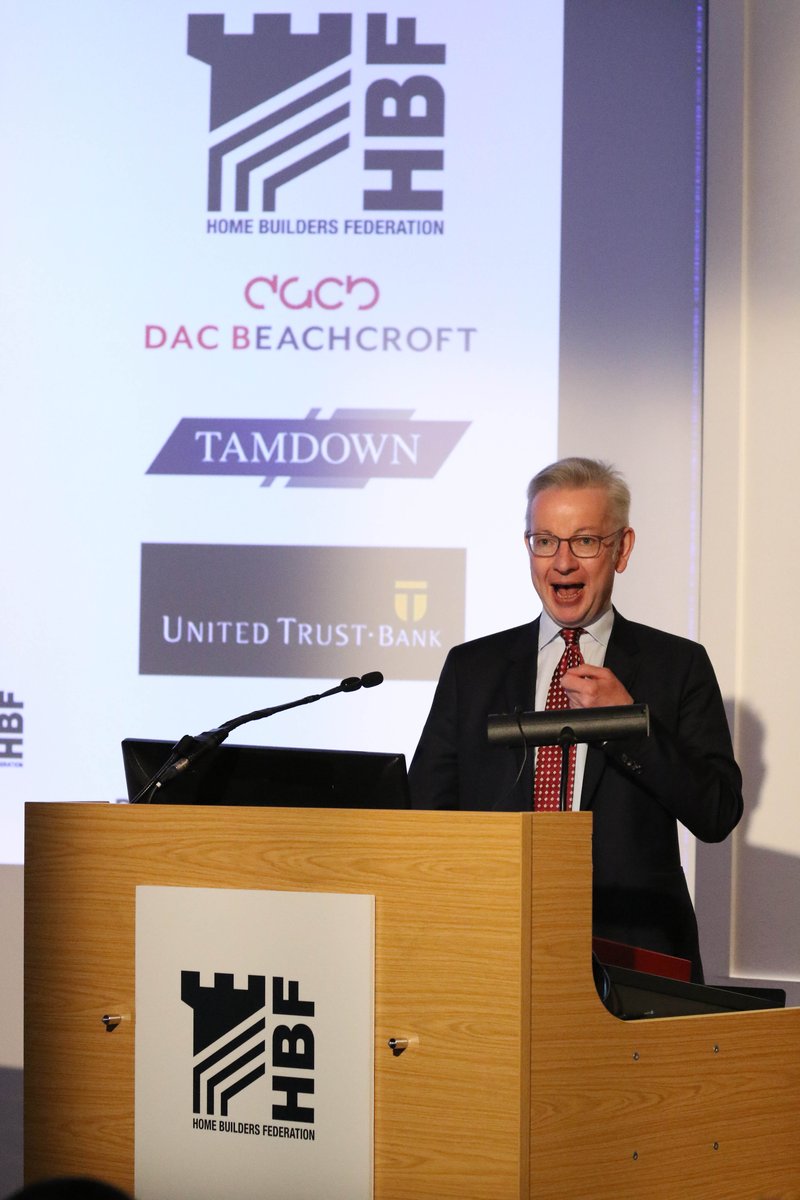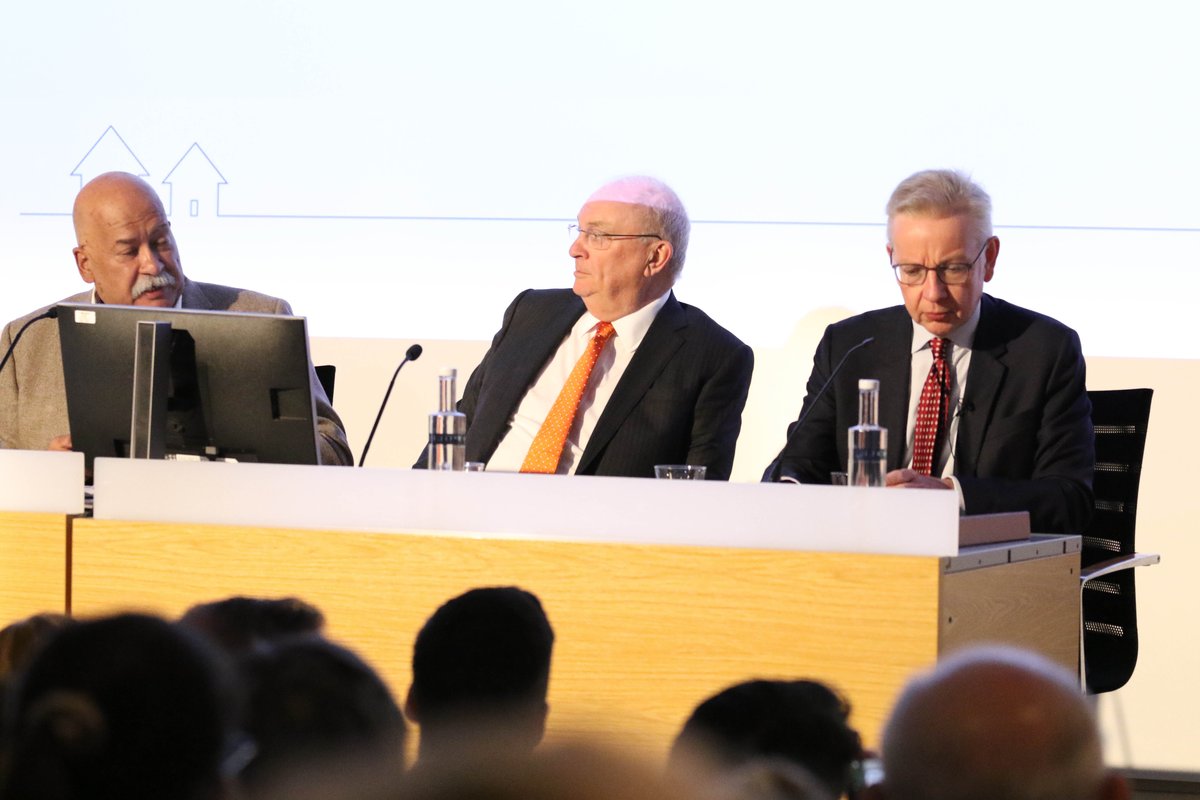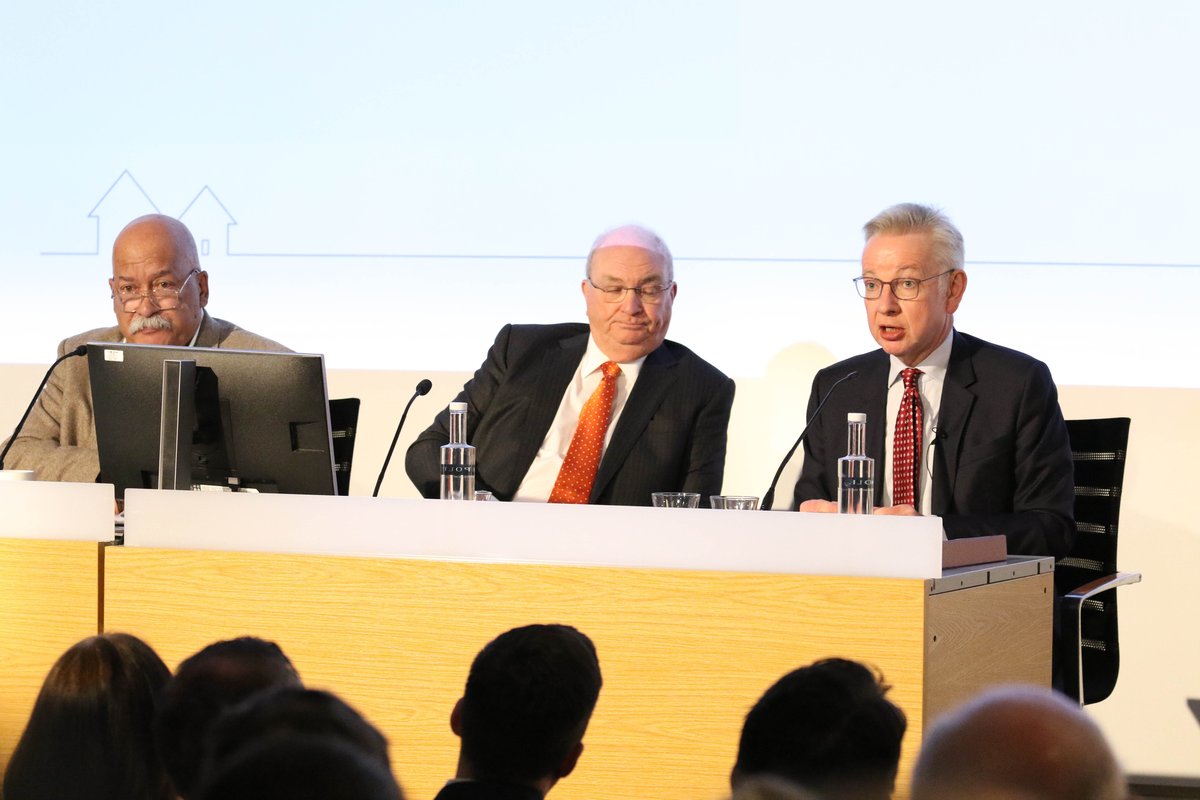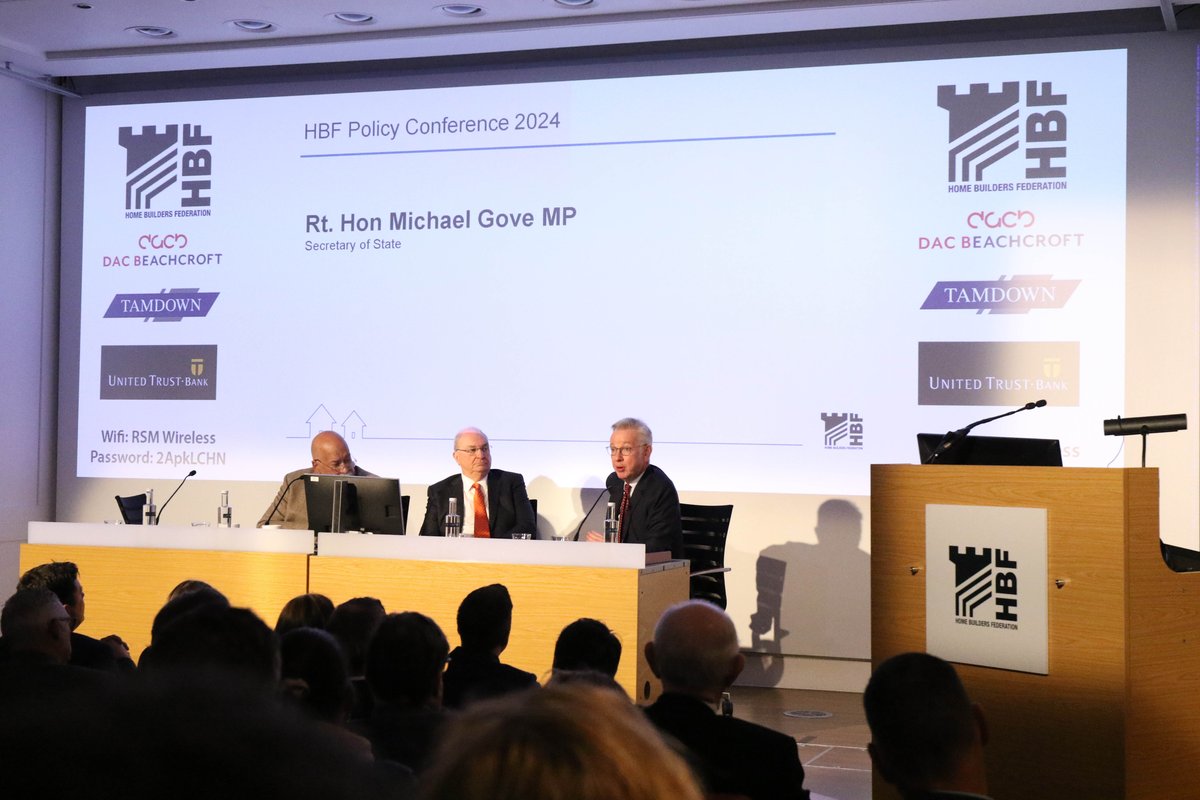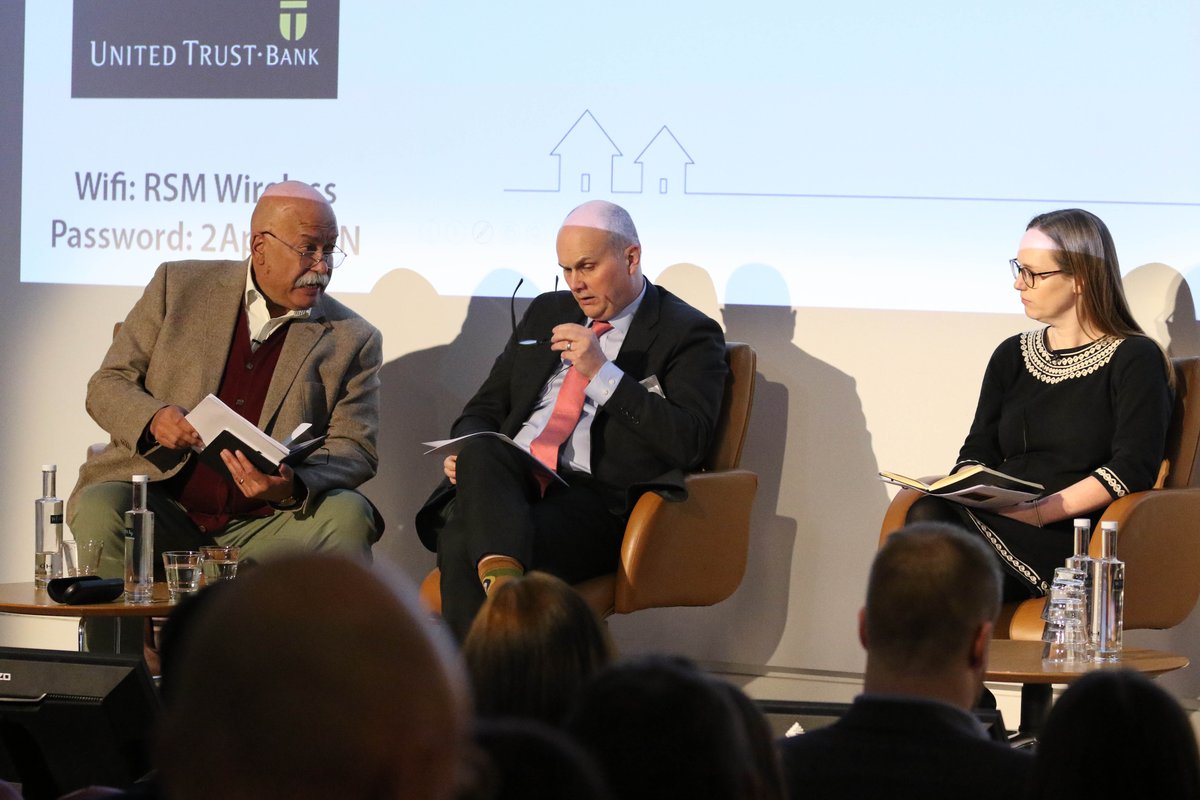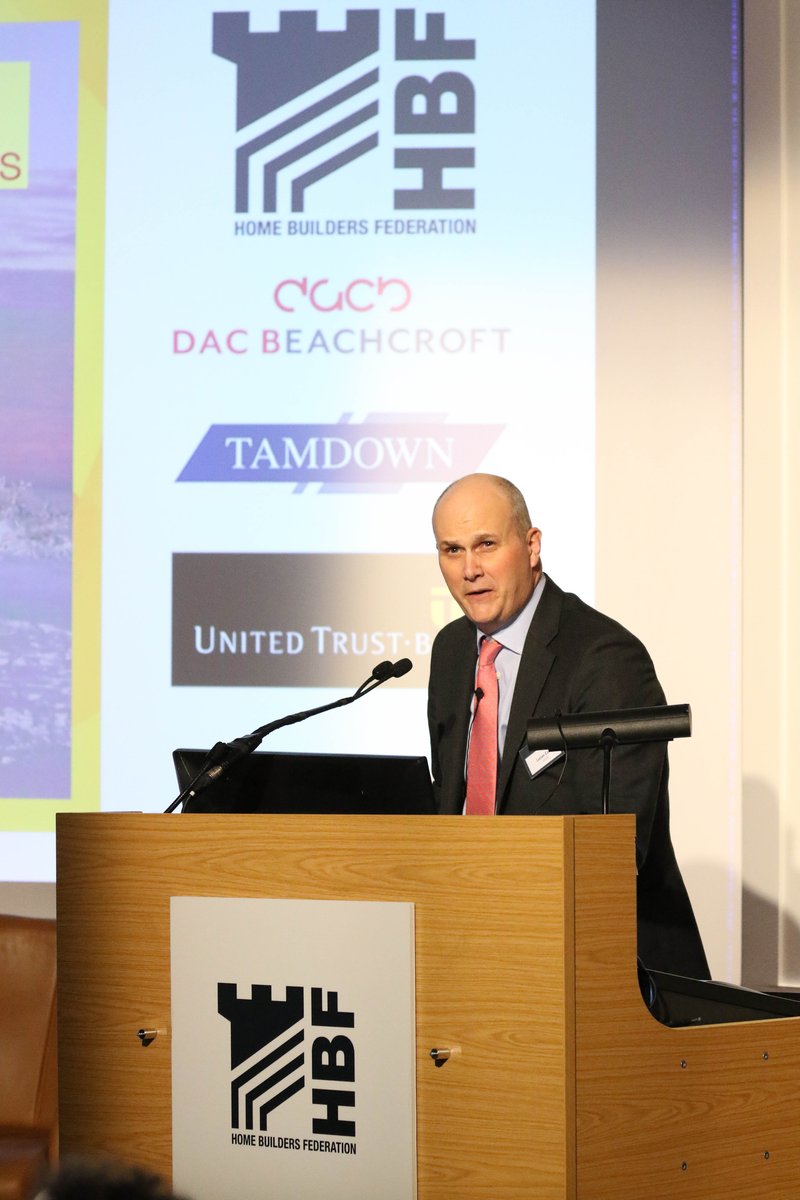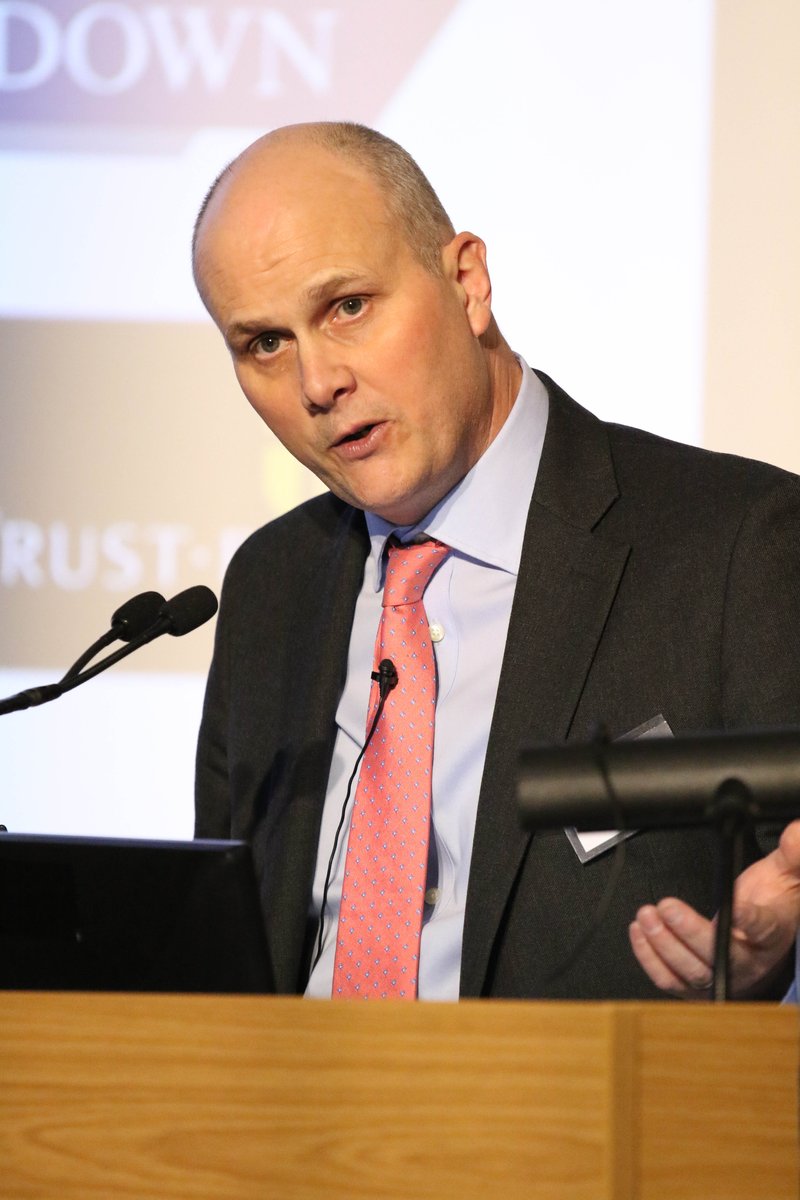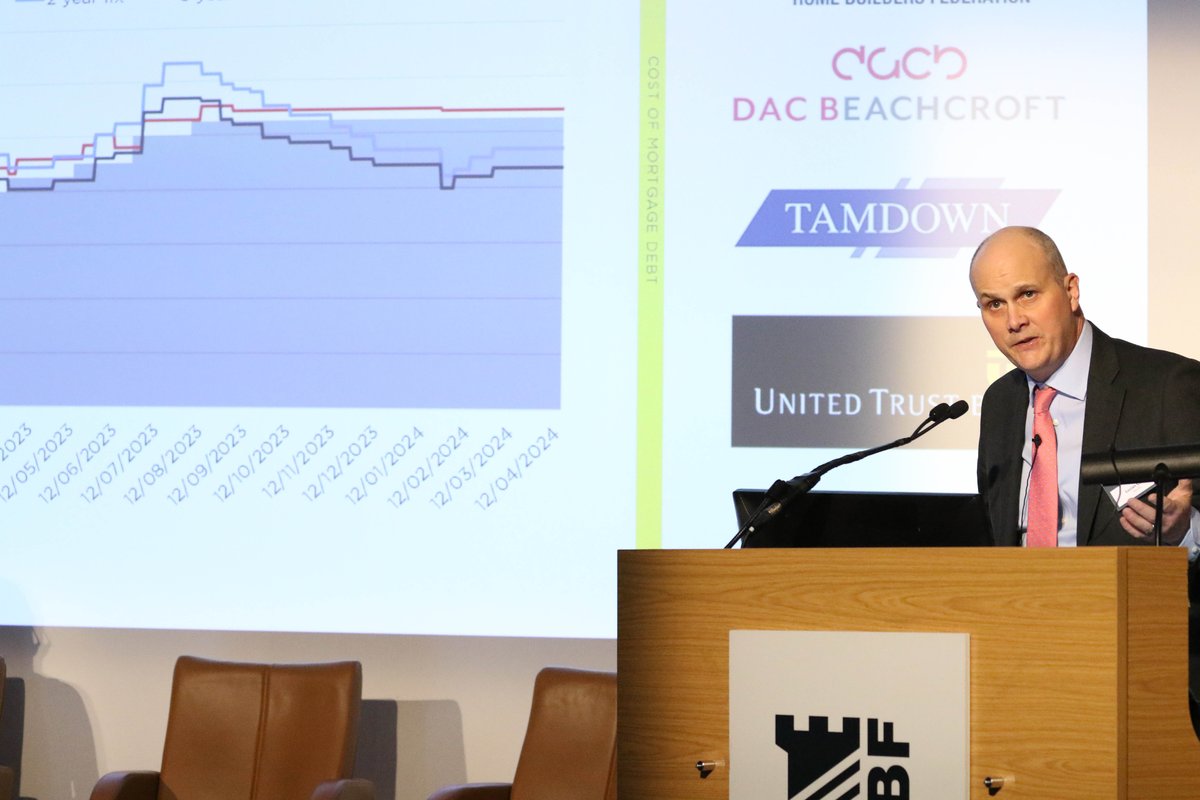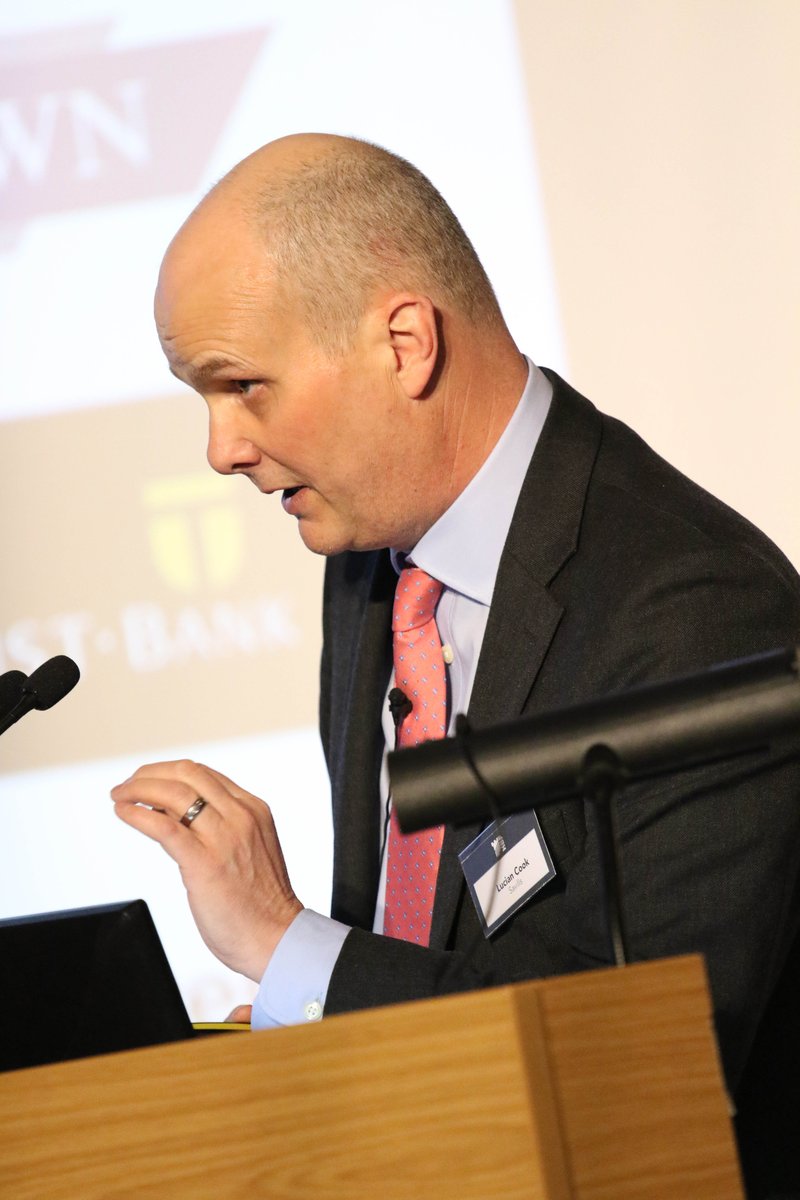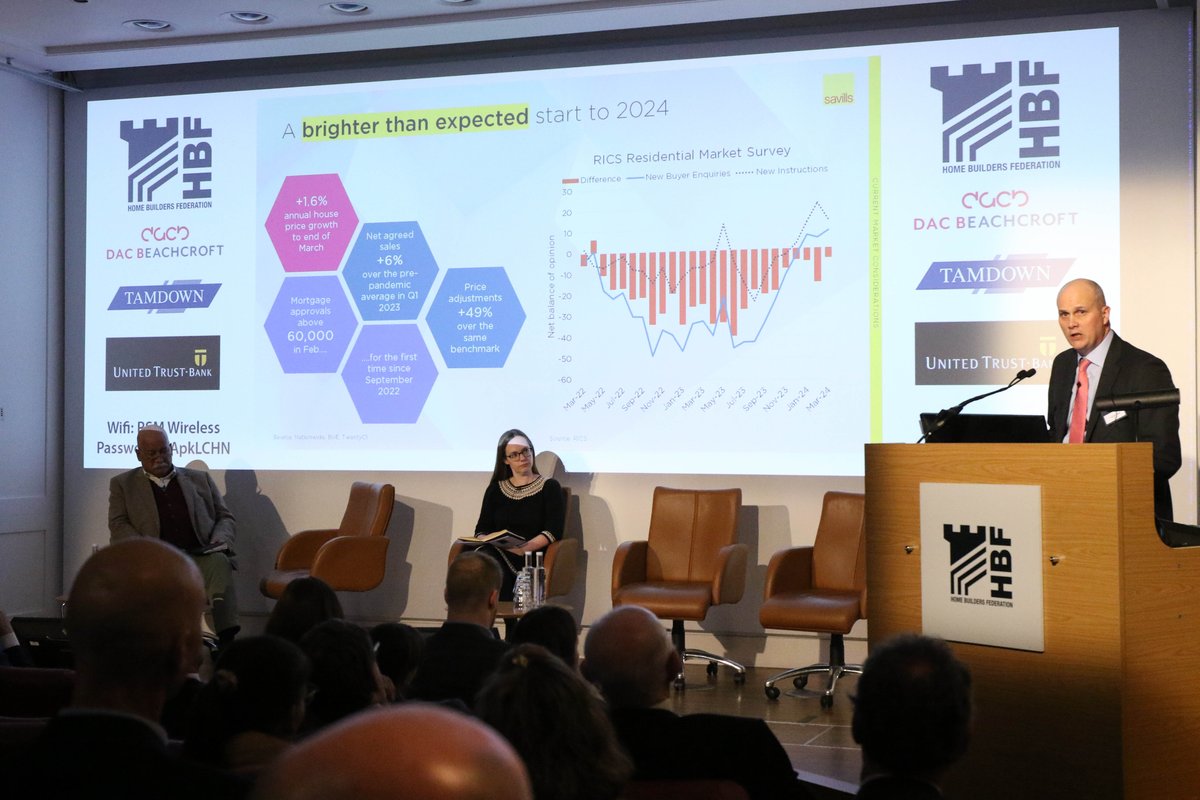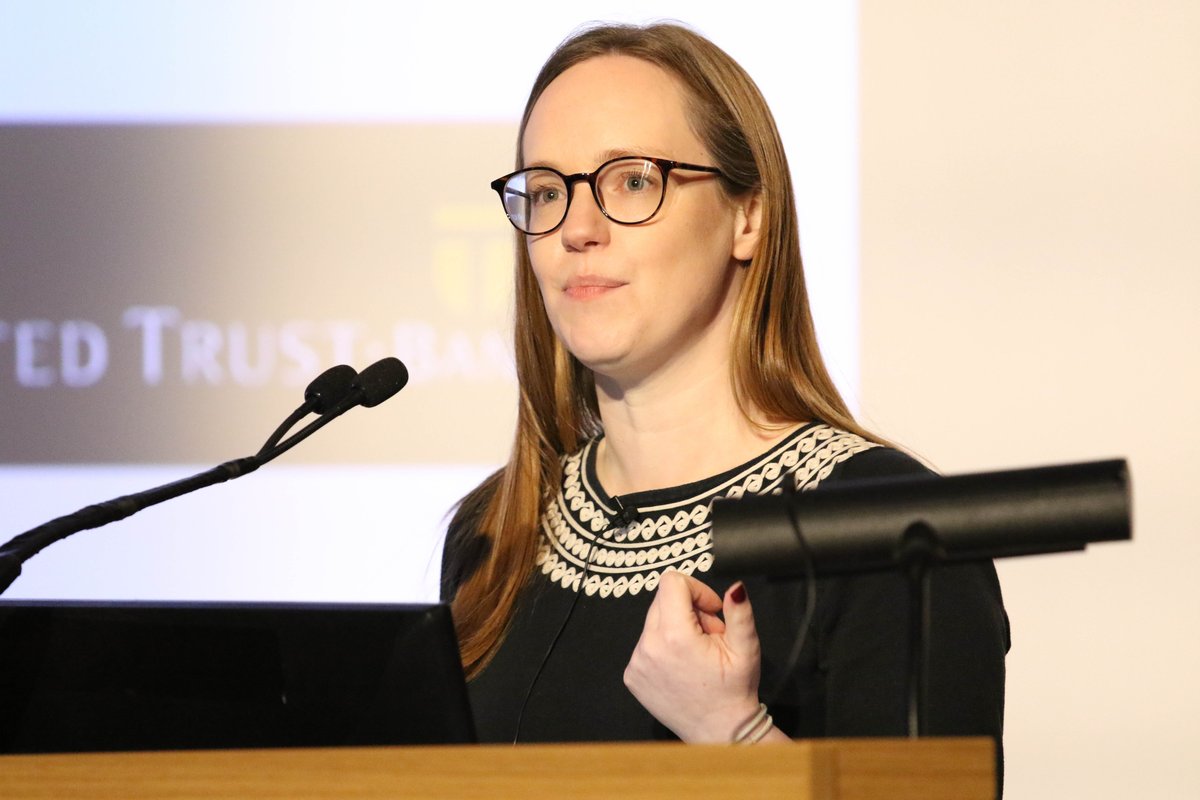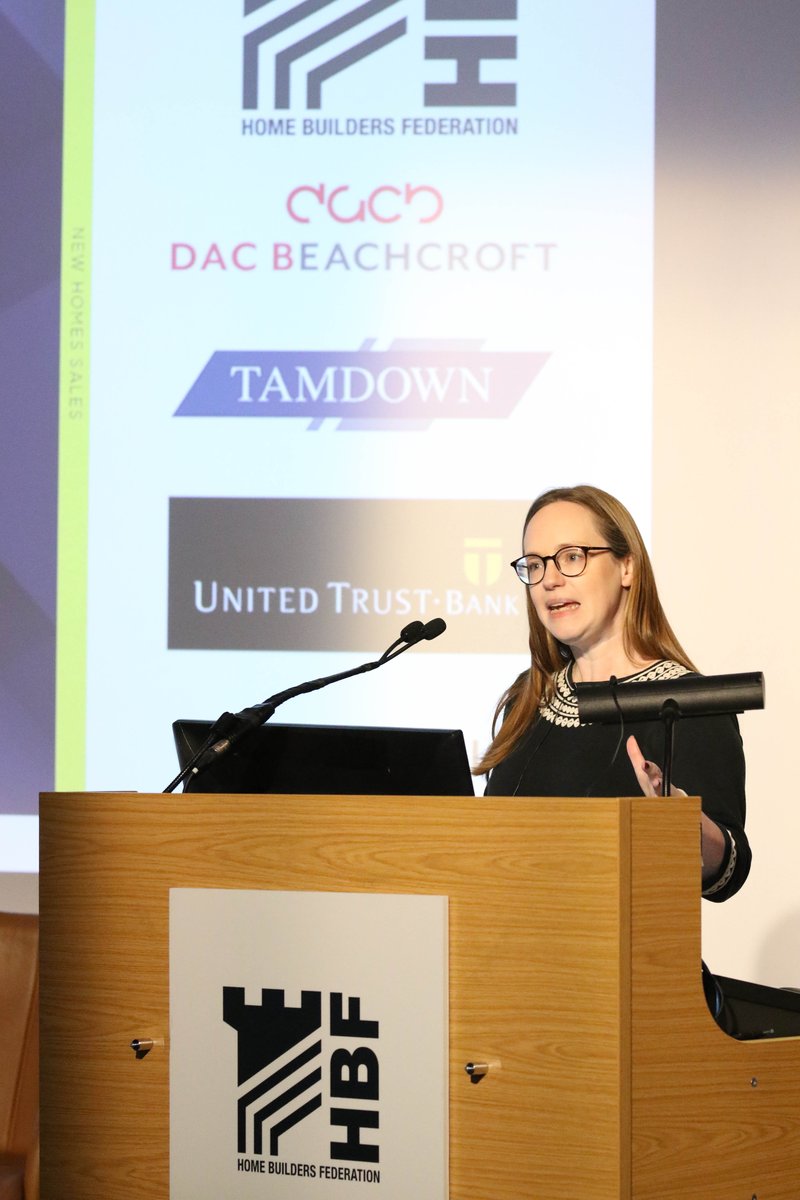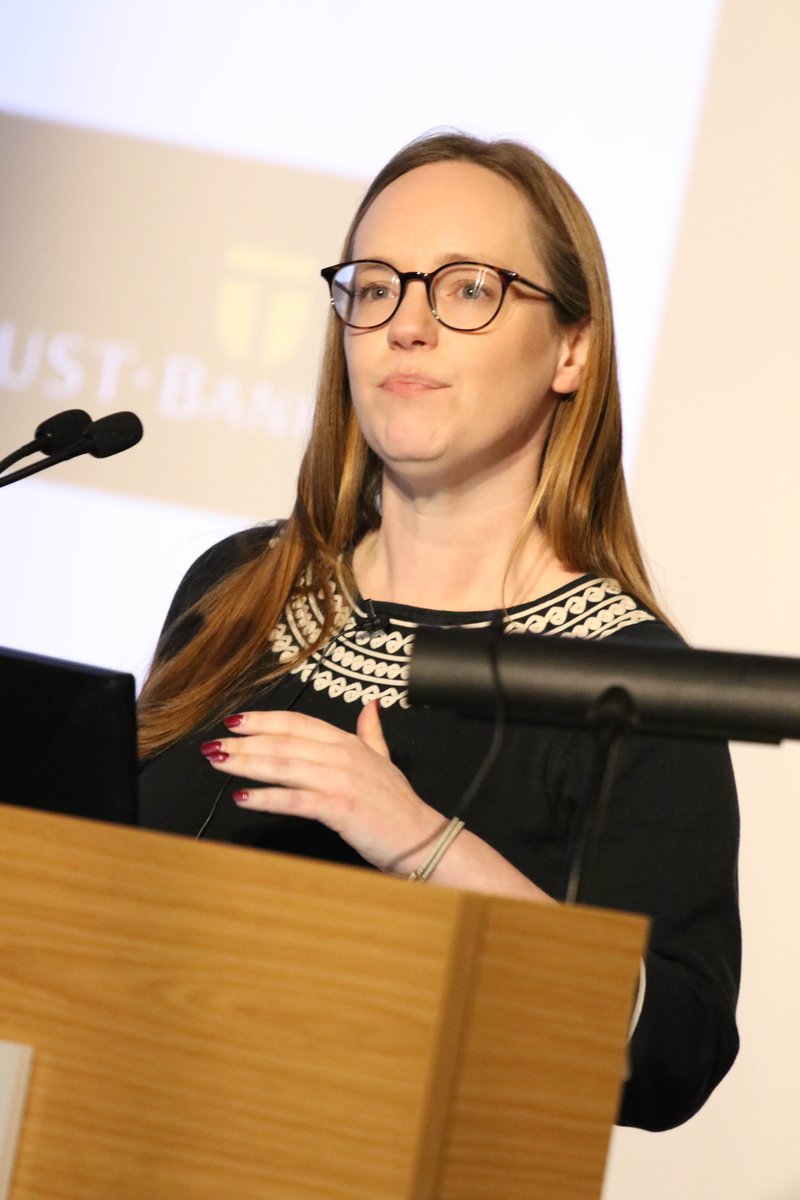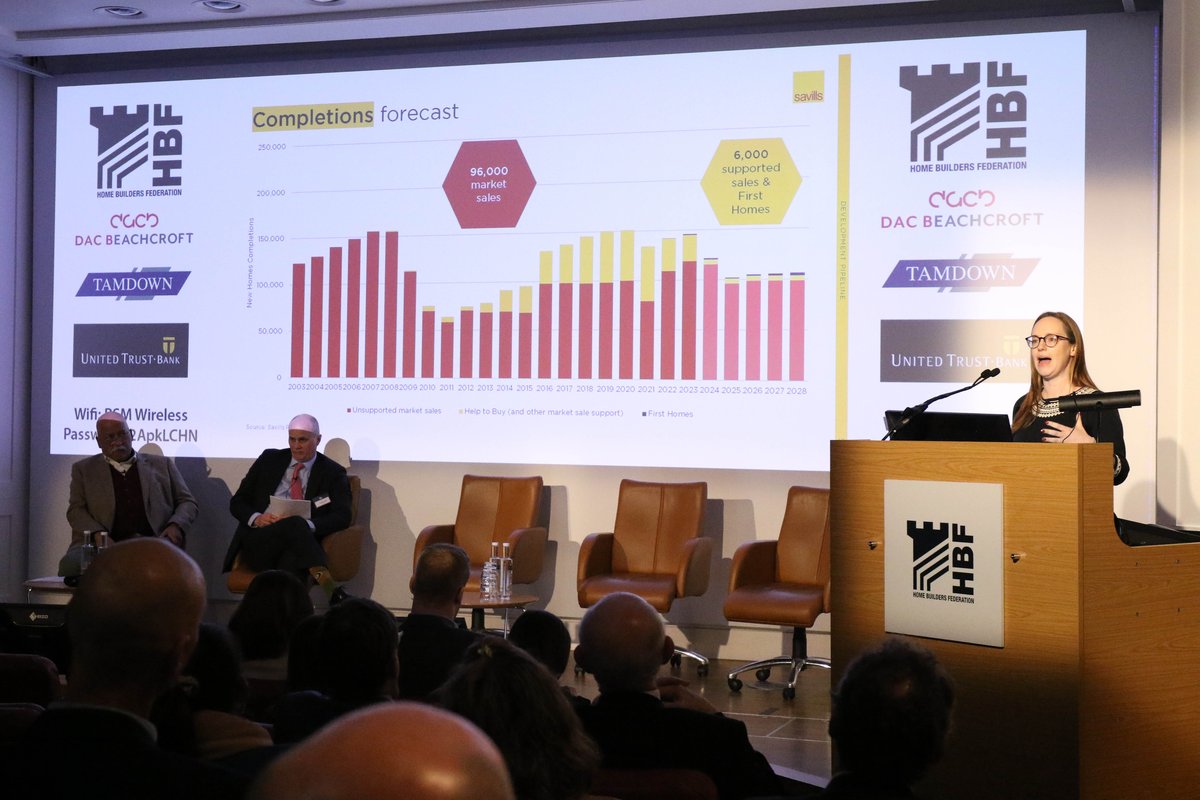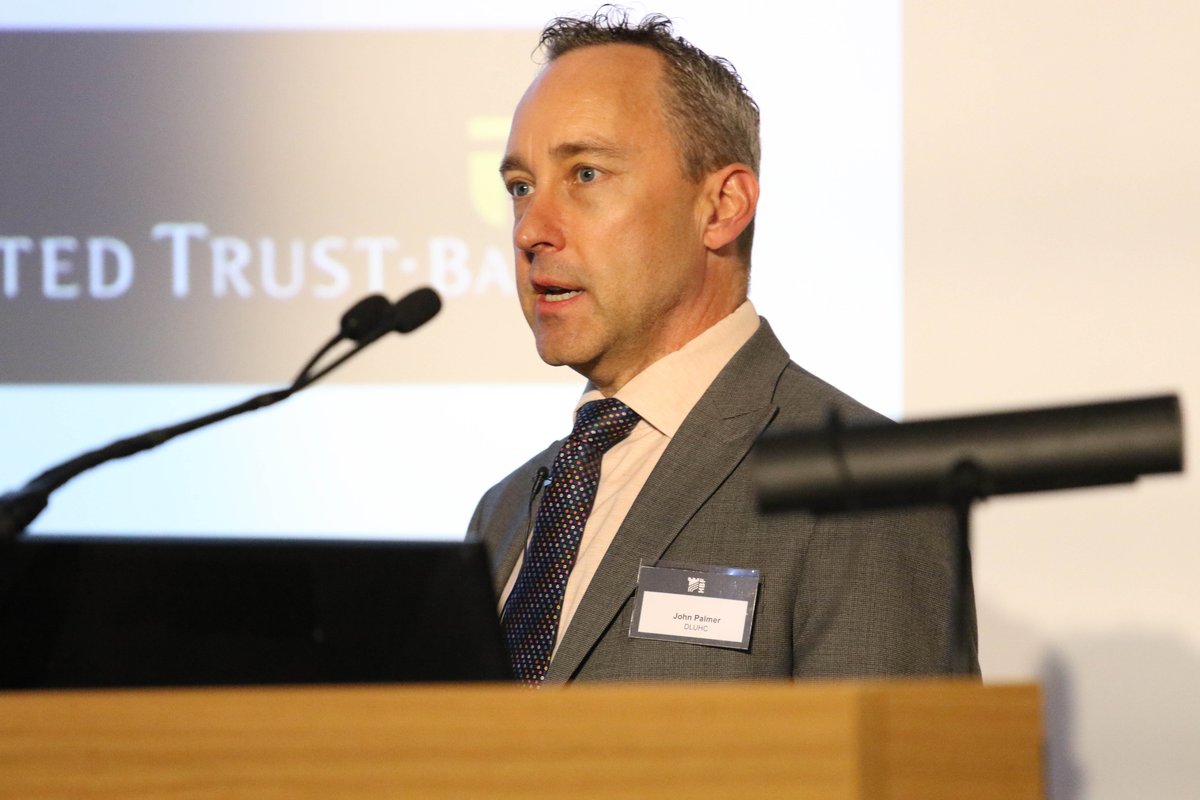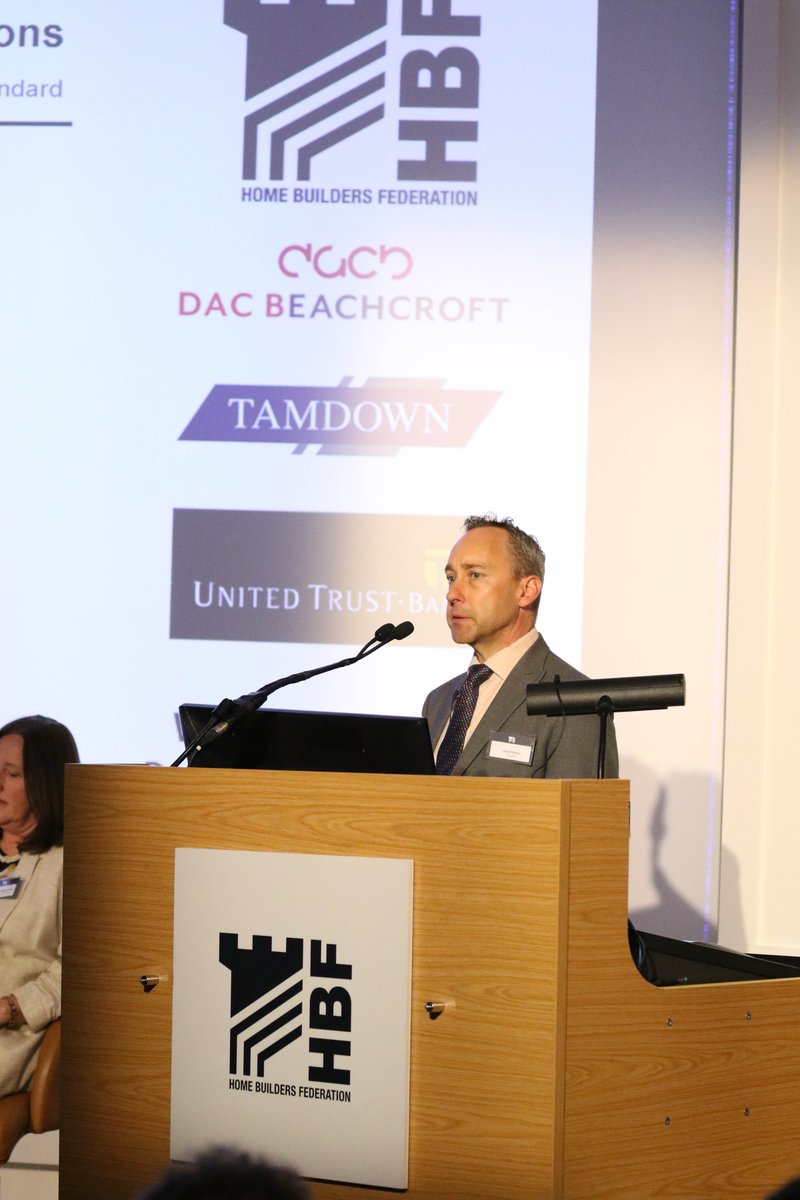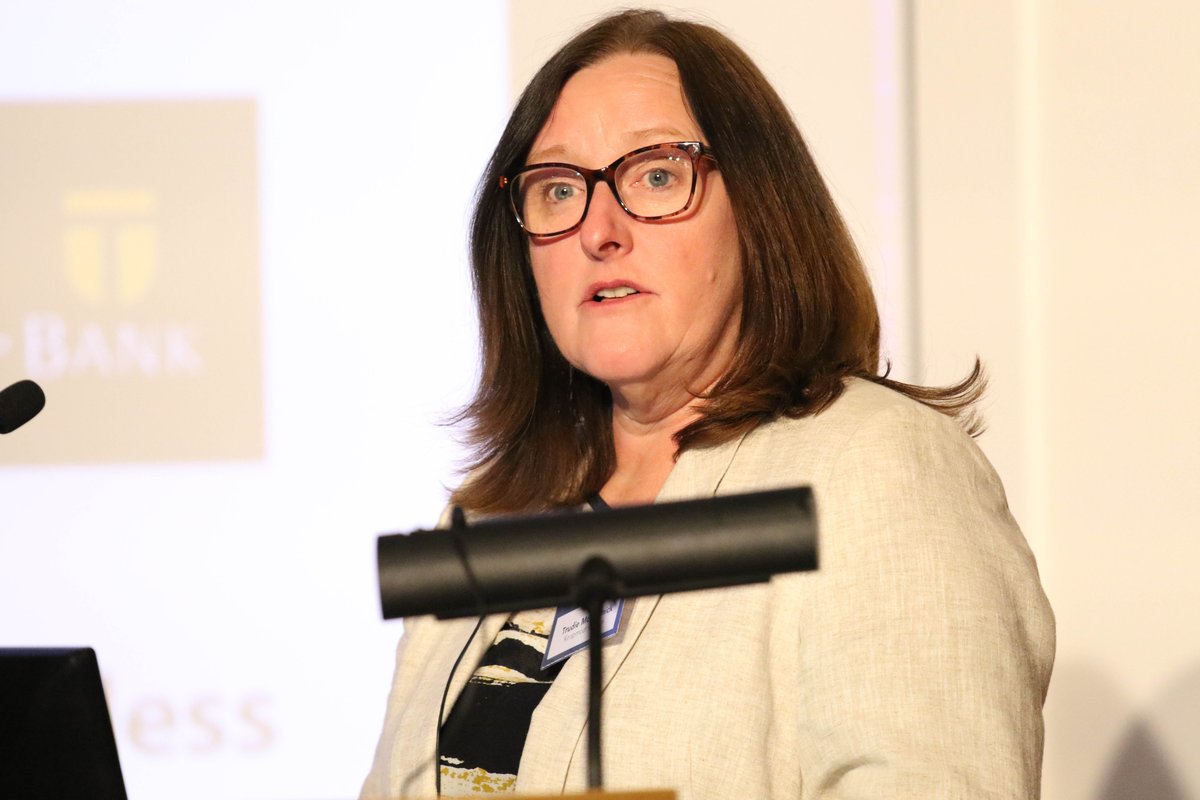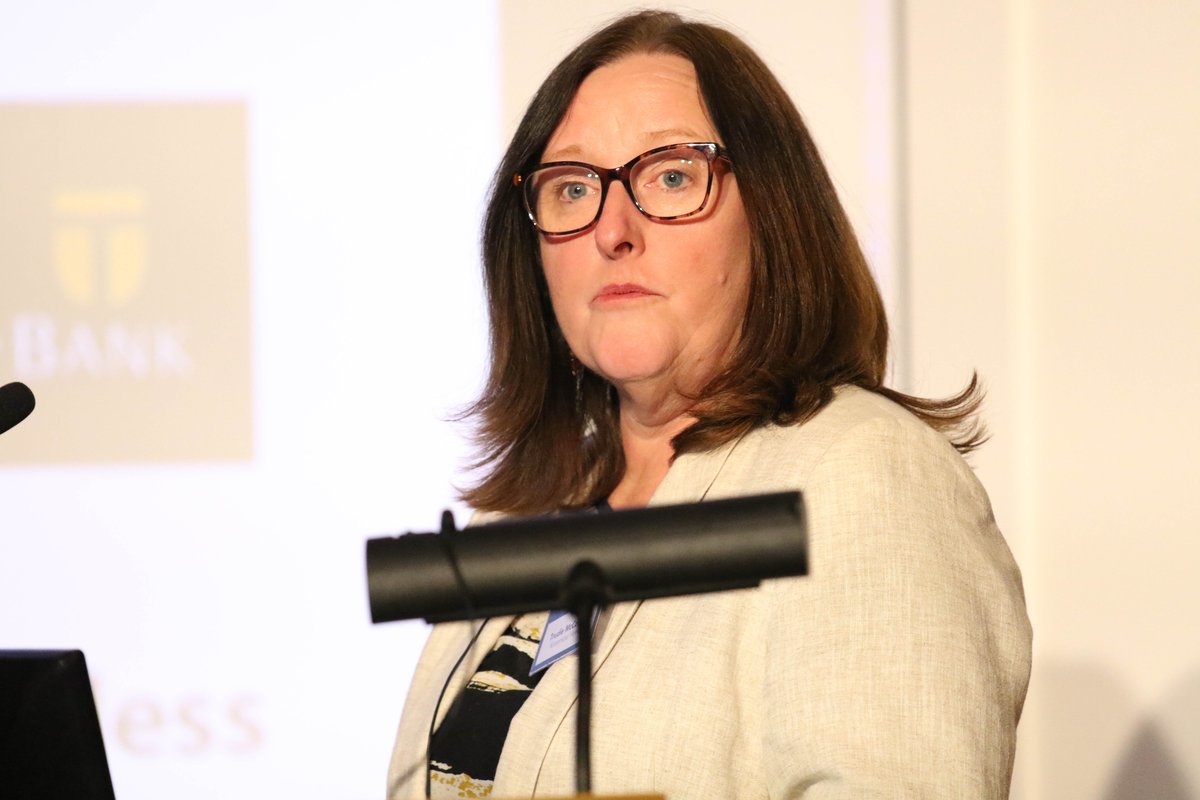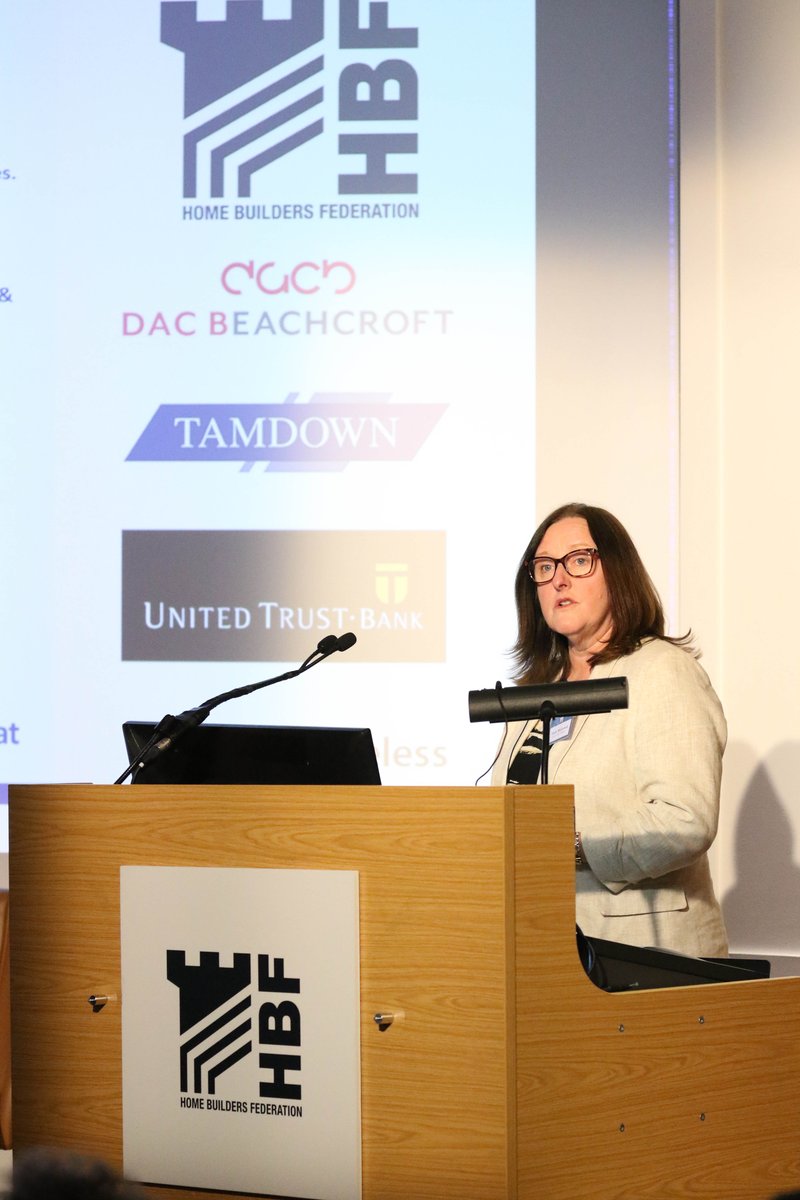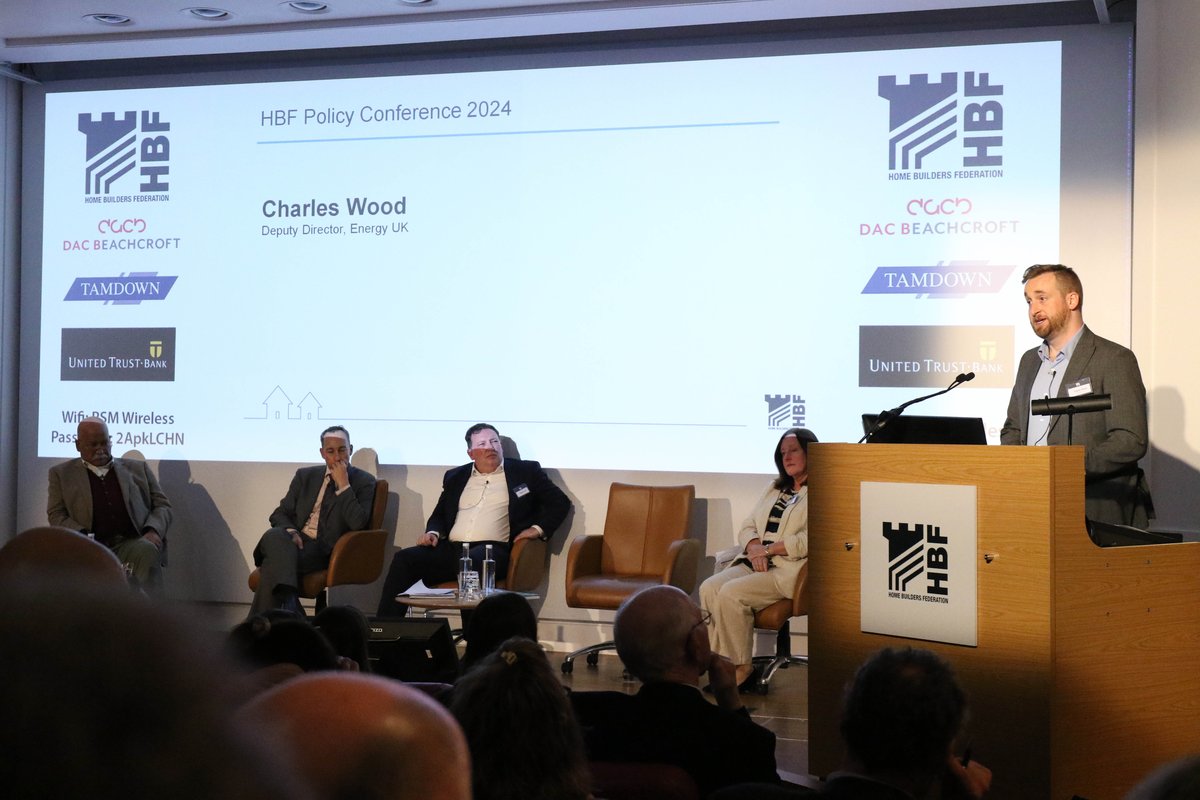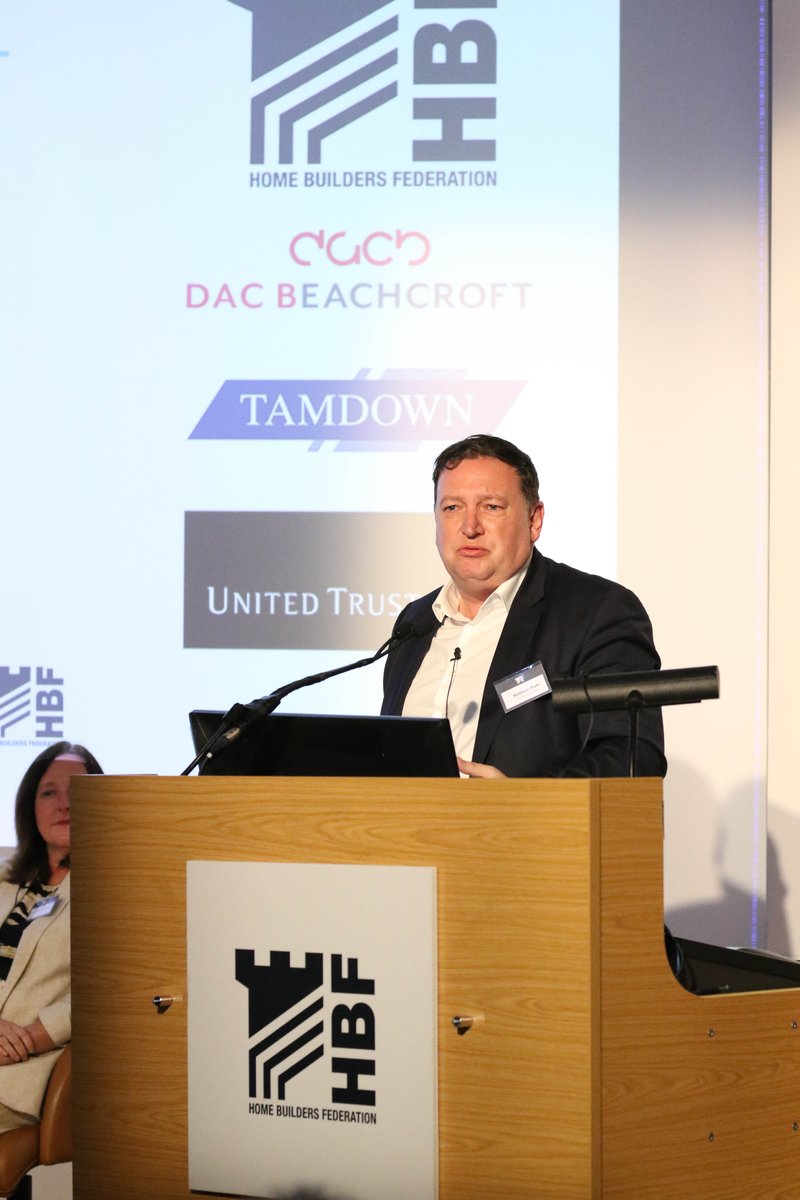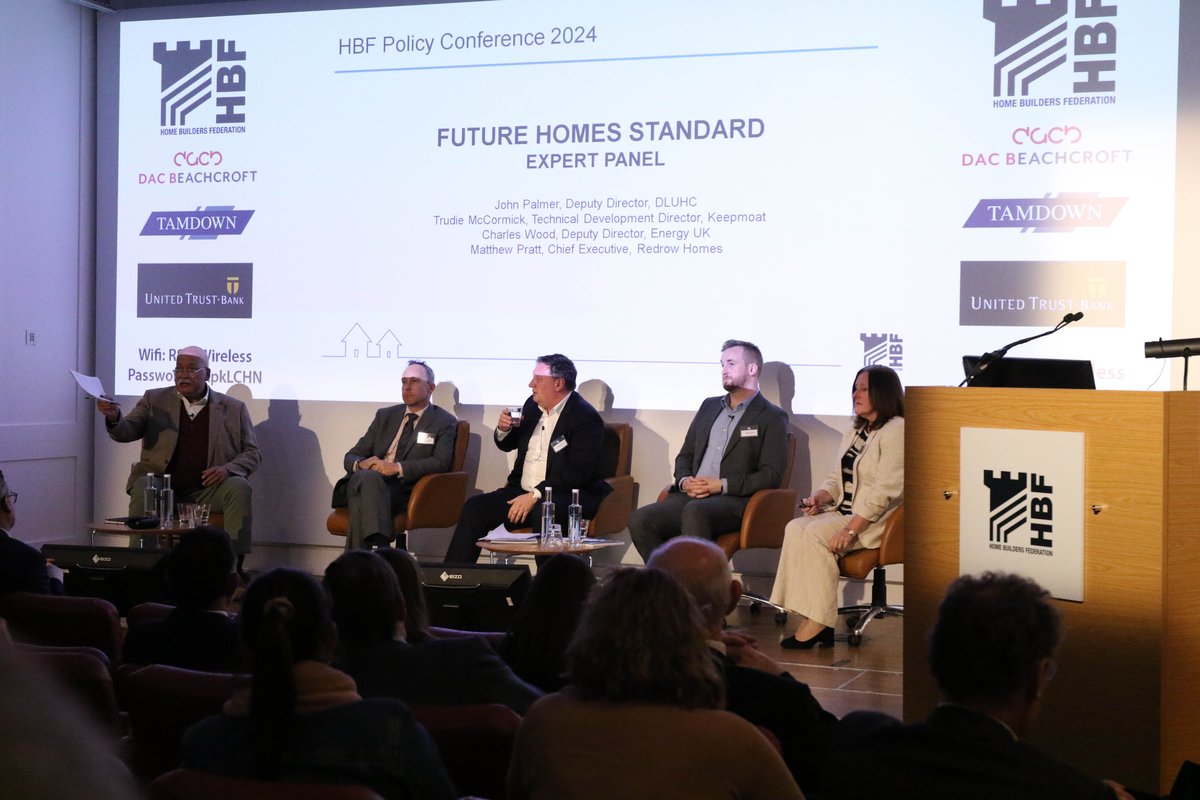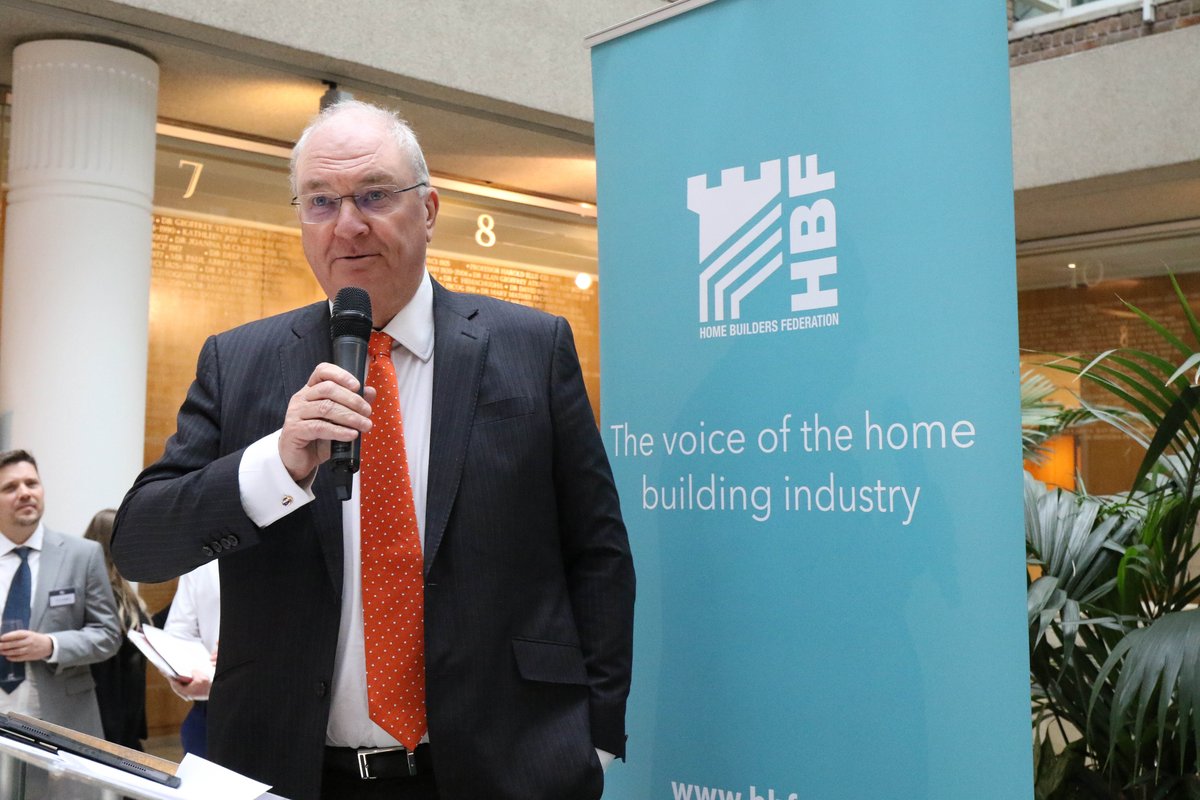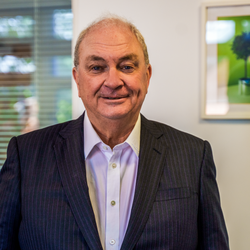The government has enjoyed a “frank and open” dialogue with the industry to address housebuilding’s challenges, according to levelling up secretary Gove. He also said he was “not afraid” to take on nimbys in a “respectful” way.
Speaking at the Home Builders Federation’s Policy Conference in London, Gove said that in further conversations with the Home Builders Federation (HBF) and housebuilders, he wished to “make sure we can identify those remaining challenges that should be addressed”.
Asked if he had questioned enough dissent over housing, Gove said he was “not afraid to say to colleagues: ‘I think you’re wrong.’ But this has to be a respectful conversation”.
He pointed to his department’s plans for growth in Cambridge as another example of taking on nimbys. “There has been opposition but we’ve said ‘no’.” At the same time, he said “we should work with those with objections to development”.
Gove also turned to Labour’s latest moves on housing, suggesting they were contradictory. Sadiq Khan’s London Plan “piles additional requirements on developments”. And Labour had proved to be “blockers, not builders”, he said, in opposing the government’s wish to tackle nutrient neutrality through legislation.
“Keir Starmer’s rhetoric has out run delivery,” he stated. He said he wanted to put nutrient neutrality "at the heart" of the Conservatives' manifesto "to kickstart development”.
Gove maintained that local plans were the way to ensure a meaningful increase in housing supply and that he was intervening where they were not up to date.
Delegates pointed out the effects of the removal of housing targets but he said: “It’s better to have plans in place than not. We have to address concerns about the planning system locally.
There’ll be no hiding place but [for local authorities] to have those plans. We've ensured that local authorities can't play the system."
While acknowledging that the “greatest concern” was planning, Gove later said that the “biggest factor” for housebuilding was not this but the “broader” recent economic situation.
“The reason why housing fell in 2008 was the financial crash. Some of the challenges we’ve been dealing with have been with the economy - interest rates and mortgage rates being higher.”
"This is not to wriggle out of my responsibilities," Gove stressed. "The planning system is clearly not in the right place."
Gove claimed that the government had looked at each aspect of the housing market “and how it operates within society and the economy". He cited the government’s work with the industry on building safety, leasehold reform, the housing market and addressing the “dysfunctional planning system”.
It was through the government’s “frank and open dialogue” with the industry, he said, “that we can deliver safe, decent, warm and affordable homes".
Gove addressed the industry as part of a strong line-up of speakers at the conference.
With the end of the parliamentary term approaching, Stewart Baseley, HBF's executive chairman, gave an "end of term report" on the government as well as the industry.
He concluded that the former had given a "pretty poor" performance since 2019. The housebuilding sector "gets a few more marks", he said, for its work during the period on the environment, quality and customer satisfaction, skills, diversity and mental health." The industry has come a long way in the most turbulent of times,” Baseley stated.
He also delivered HBF's asks of the next government, with "action" on planning top of the list. He also asked for a solution to nutrient neutrality, and an "intervention to realise the dream of home ownership".
Dame Kate Barker, economist and author of the 2004 Barker Review of Housing Supply, considered the outcome of her 20-year old report, which HBF recently concluded had been largely "ignored" by ministers.
Barker said the report had not succeeded due to "misunderstandings, blind alleys (including planning gain supplements), trends that the report couldn't foresee and politics".
On quality and customer service, Emma Toms, ceo of the New Homes Quality Board, provided an update on the NHQB's work. Eighty two percent of the top 50 developers had registered to the NHQB and its Code, she said, with more than 150 SMEs joining.
"We get asked every day which developers are part of the Code," Toms said. "It's reputation enhancing with customers."
Speakers also presented on the housing market. Esther Dijkstra, Lloyd Banking Group's managing director, intermediaries, issued a "stock take" of the UK mortgage market, the first time buyer situation, market headwinds and decarbonising homes. She concluded that the housing market remained "tough" but with "green shoots" poking through. At the same, 2023 had seen a decrease in first time buyers of 21%.
Echoing these signs of improvement, Lucian Cook, head of residential research at real estate agency Savills, said the housing market had seen "a brighter than expected start" to 2024, thanks to an improving economic backdrop.
But the sales market remained weak, he warned. And a drop in UK brick deliveries would impact homes delivery.
Emily Williams, Savills’ director, residential research, gave an overview of land values, planning, completion forecasts and the outlook for other tenures. She considered policy pressures on affordable housing providers, including building and fire safety and upgrading existing stock.
Savills forecast 160,000 new build completions per year between 2025 and 2028, she said. In a reflection of the challenging market, this compared to the "well over" 200,00 annual completions of 2018 to 2023.
Alex Rose, director of Houseful, a residential property software, data and insight company, advised that in the current buyers' market, "where there's more choice", housebuilders should do more "to stand out from the competition".
The conference concluded with an expert panel on the Future Homes Standard. This featured John Palmer, DLUHC's deputy director, Matthew Pratt, ceo of Redrow Homes, Trudie McCormick, Keepmoat Homes' technical development director and Charles Wood, Energy UK's deputy director.
On achieving zero carbon ready homes, Pratt said: “As an industry, we need to come together to share best practice. Everyone out there is doing slightly different testing.”
The conference was chaired by journalist and broadcaster John Pienaar. It was sponsored by DAC Beachcroft, Tamdown and United Trust Bank.
Complete the HBF Policy Conference Feedback Form
DOWNLOAD THE PRESENTATIONS
| Esther Dijkstra, Lloyds Banking Group | Download Presentation |
| Alex Rose, Houseful | Download Presentation |
| Emma Toms, New Homes Quality Board | Download Presentation |
| John Palmer, DLUHC | Download Presentation |
| Trudie McCormick, Keepmoat | Download Presentation |
| Matthew Pratt, Redrow Homes | Download Presentation |
| Lucian Cook and Emily Williams, Savills | Download Presentation |




